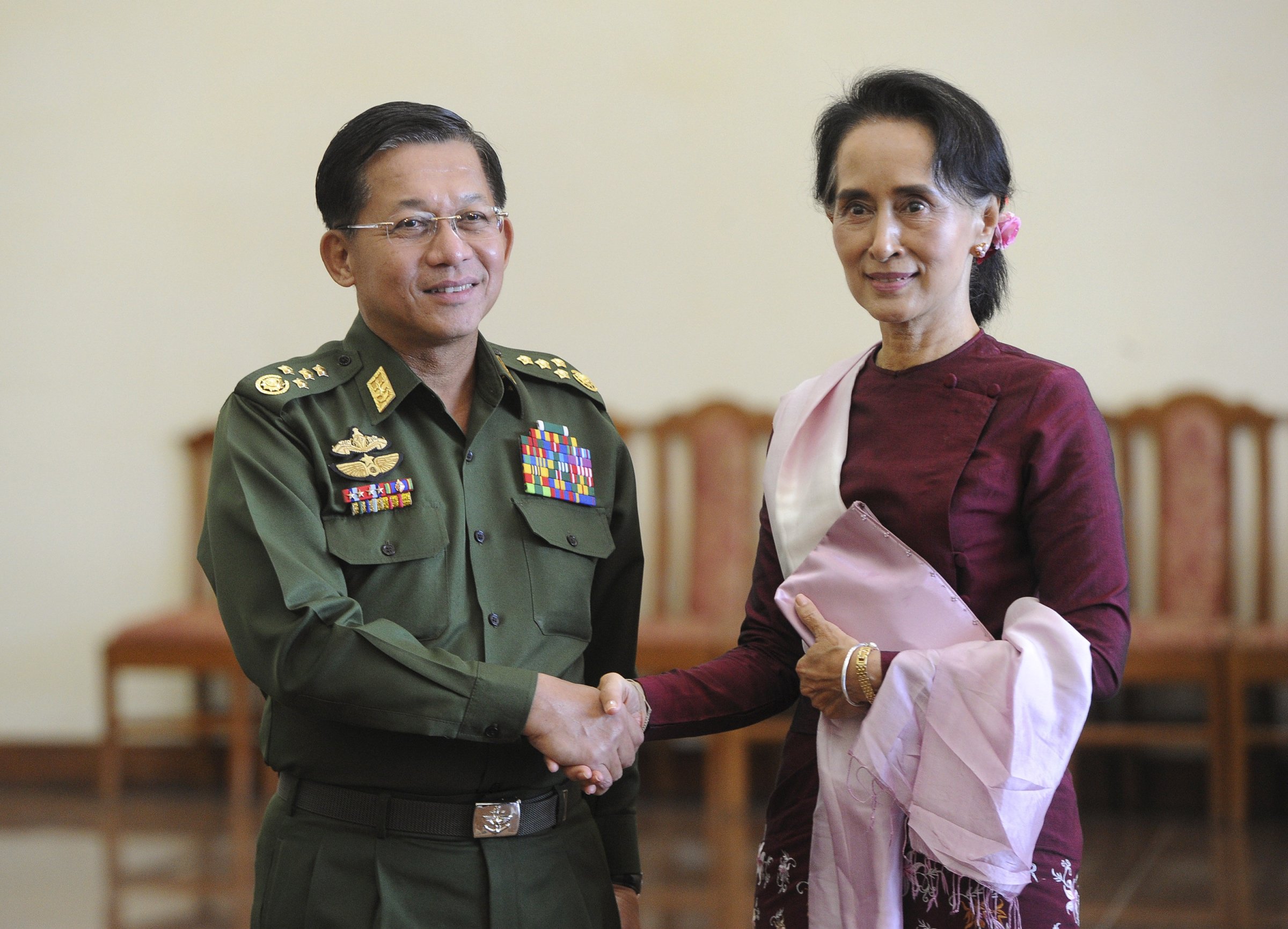
A crisis is unfolding along Burma’s western frontier, and the world is waiting for Aung San Suu Kyi, the country’s de facto leader, to respond. Eight weeks since the start of a violent crackdown on suspected jihadists that has sent tens of thousands of civilians fleeing for their lives, the reach of her authority has been called into question and her credibility as a guardian of human rights is at stake.
While Suu Kyi — a Nobel Peace Prize laureate — has been conspicuously silent, the Burmese army has spent those weeks apparently flaunting its power. The army has allegedly committed serious human-rights abuses against Rohingya Muslims in the western state of Arakan, also called Rakhine. But Suu Kyi has downplayed the seriousness of the allegations and accused the international community of inflaming tensions.
“I’m not saying there are no difficulties,” she said during a rare interview with Singaporean broadcaster Channel News Asia on Friday, “but it helps if people can recognize the difficulty and are more focused on resolving these difficulties rather than exaggerating them so that everything seems worse than it is.”
And yet it is not an exaggeration to say that an appalling crisis has developed since parts of Arakan were put on military lockdown after nine policemen were killed on Oct. 9, when three border guard posts came under attack by what the government says were Islamic militants drawn from the Rohingya population.
Humanitarian aid has been suspended and journalists barred as security forces hunt down the suspects. There are reports that scores of Rohingya men and boys have been extrajudicially killed. Hundreds have been arrested. Dozens of women claim meanwhile to have been sexually assaulted, and entire villages have been burned to the ground. At least 30,000 people have been displaced, more than 150,000 are without food and medical assistance, and as many as 1,500 malnourished children may die without immediate care.
Read More: Something Shocking is Happening to Burma’s Rohingya People. Take a Look at This Timeline
The Rohingya are a stateless Muslim minority numbering about 1.1 million, and are considered one of the world’s most persecuted peoples. Many in Burma, which is officially called Myanmar, view them as illegal immigrants from Bangladesh, though they have lived in the country for generations. The group’s few freedoms have deteriorated in recent years — ever since deadly sectarian clashes with the majority Buddhist population in 2012 displaced more than 100,000 and ushered in a state of religious apartheid. They have been stripped of their political rights, and restrictions on movement have crippled their economic opportunity and access to health and education. Tides of nationalist, anti-Muslim attitudes have instilled deep distrust and resentment between Rohingya and ethnic Arakanese communities, for whom the October attacks were a vindication of fears that some of Burma’s oppressed Muslims could turn to extremism.
Human-rights advocates view the current crisis as an emergency that, if unattended, will lead to more civilian deaths and further entrench resentment. John McKissick from the U.N. refugee agency, the UNHCR, suggests that the Burmese government is pursuing “ethnic cleansing” in Arakan state. The U.N. special adviser on the prevention of genocide, Adama Dieng, has also warned that the government’s reputation is at risk if it does not verify claims of army abuse “as a matter of urgency.”
The Plight of the Rohingya by James Nachtwey
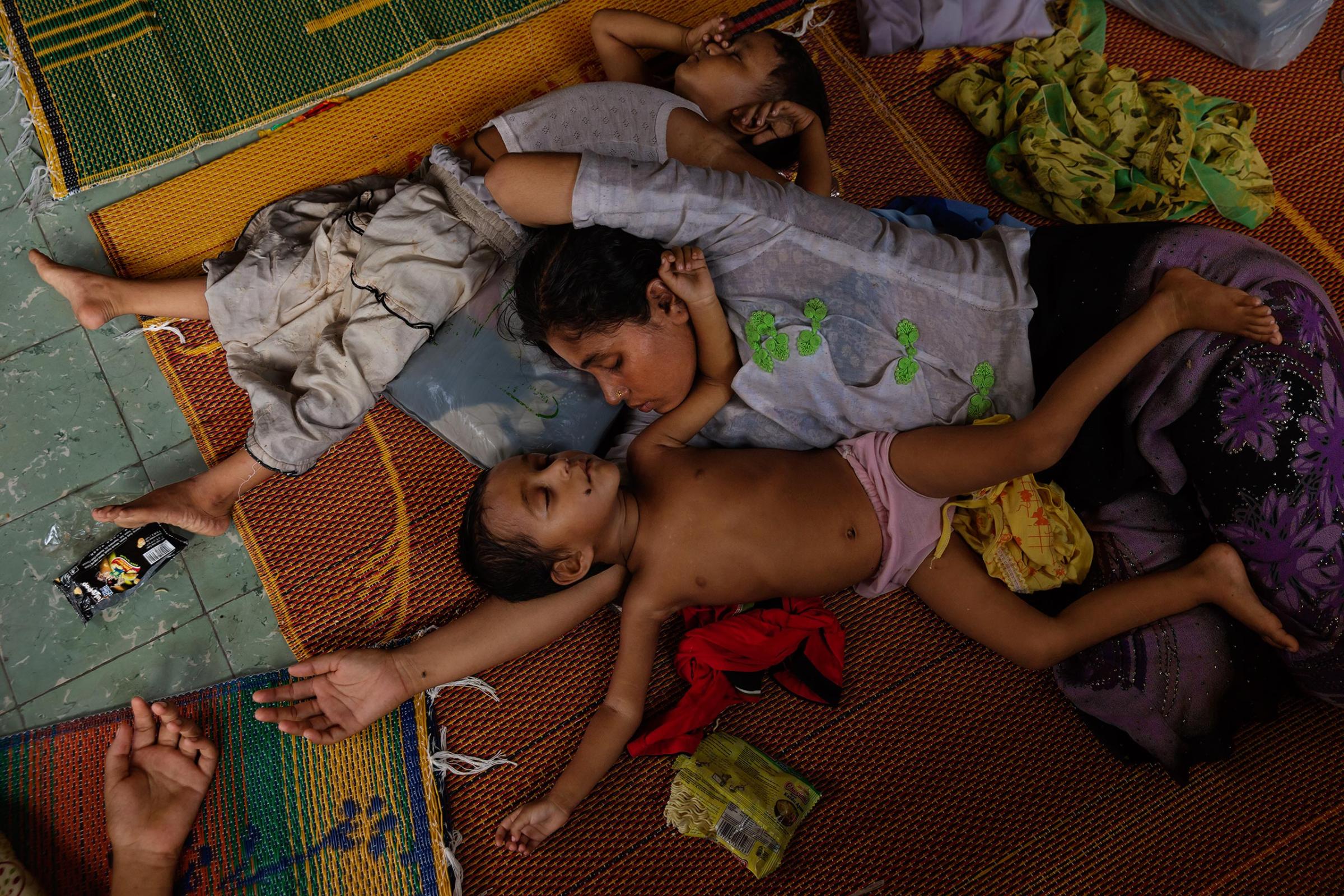
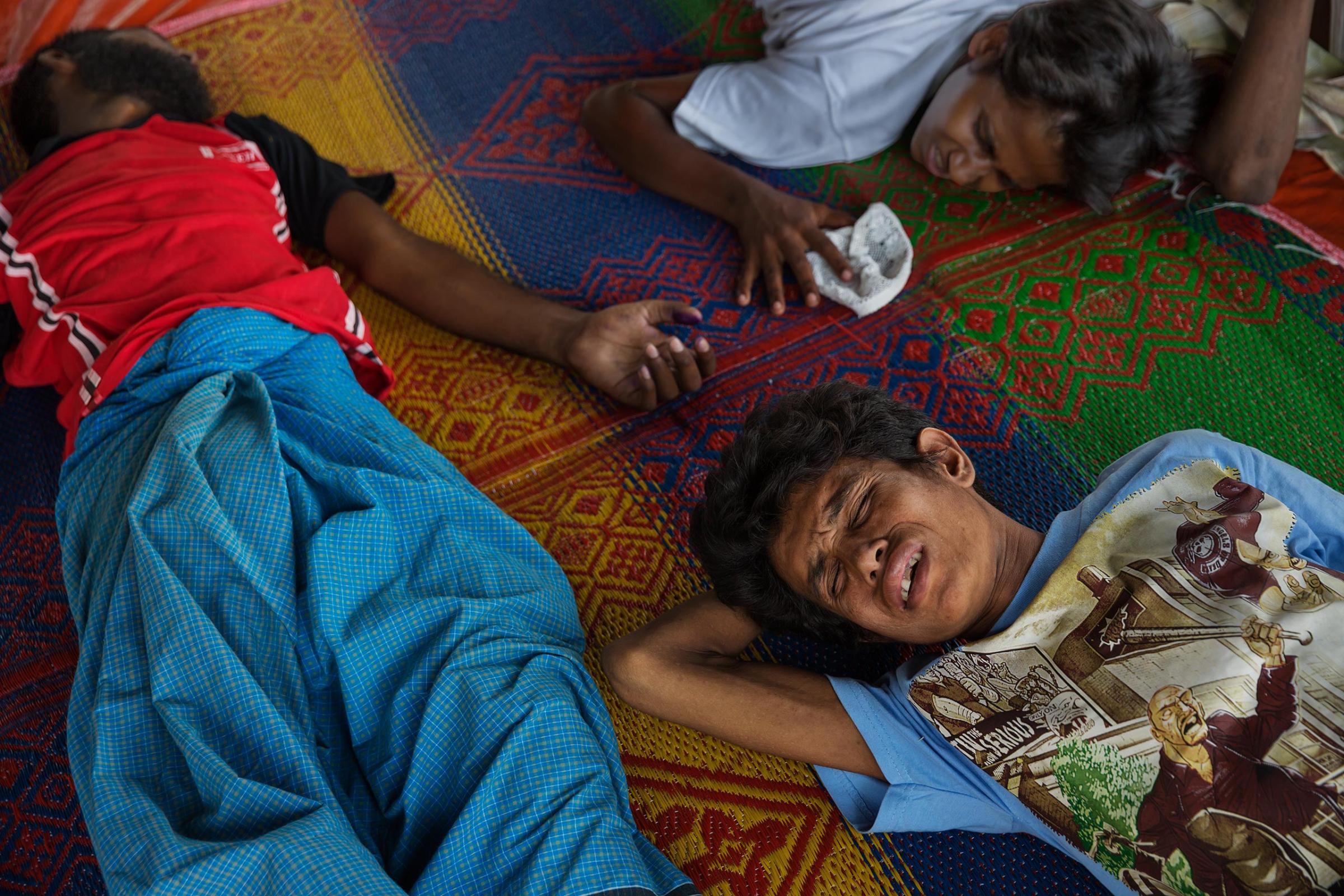
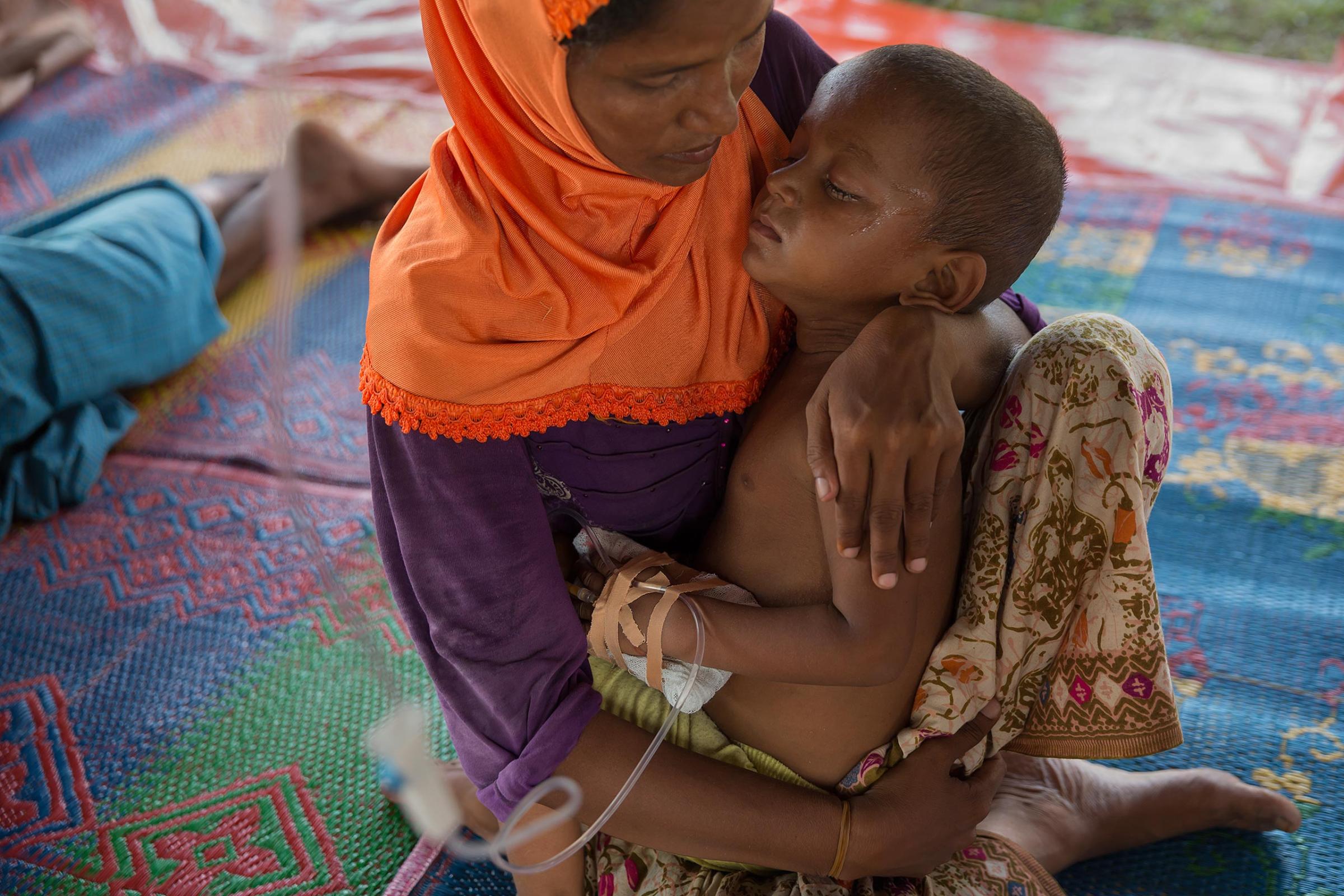
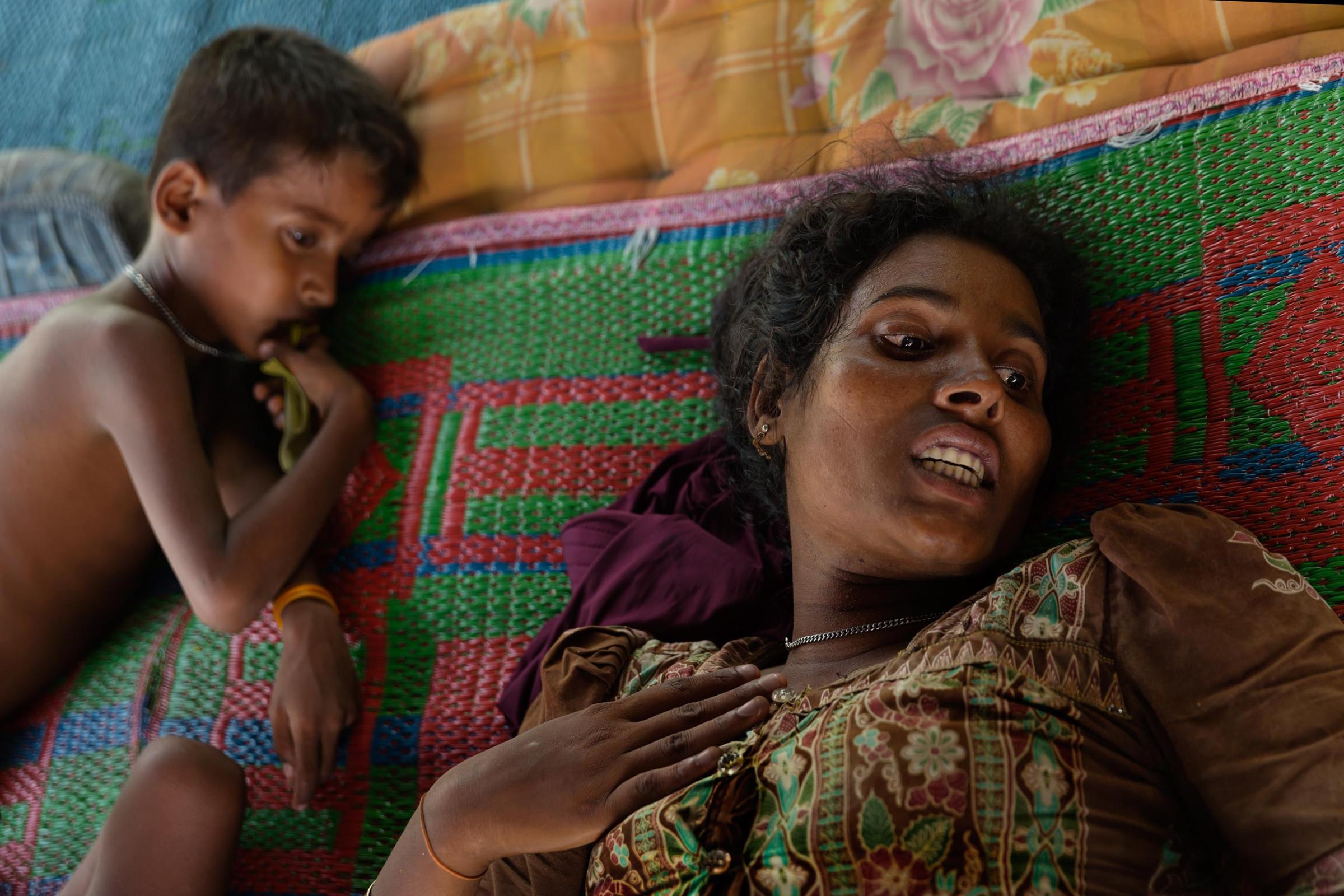
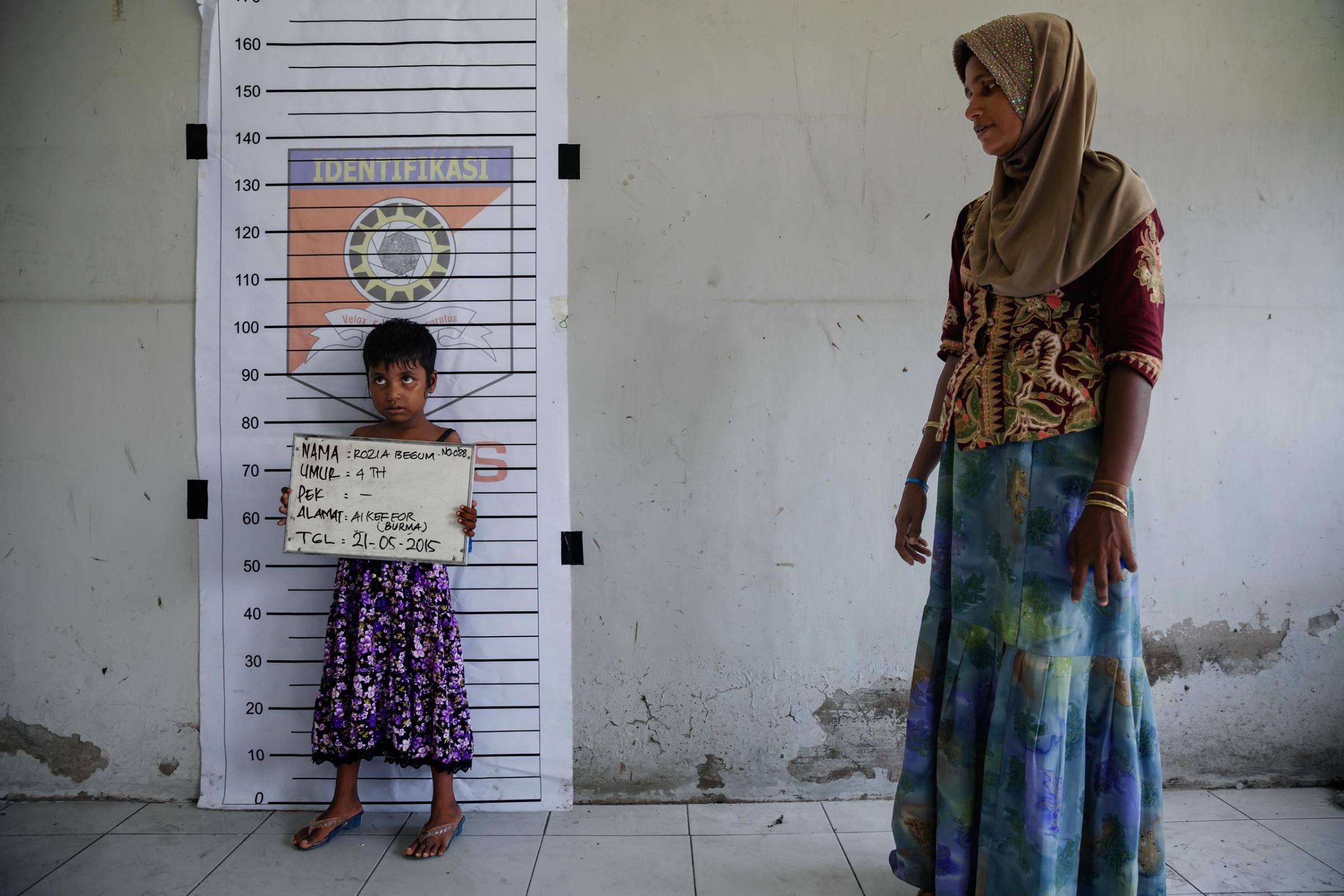
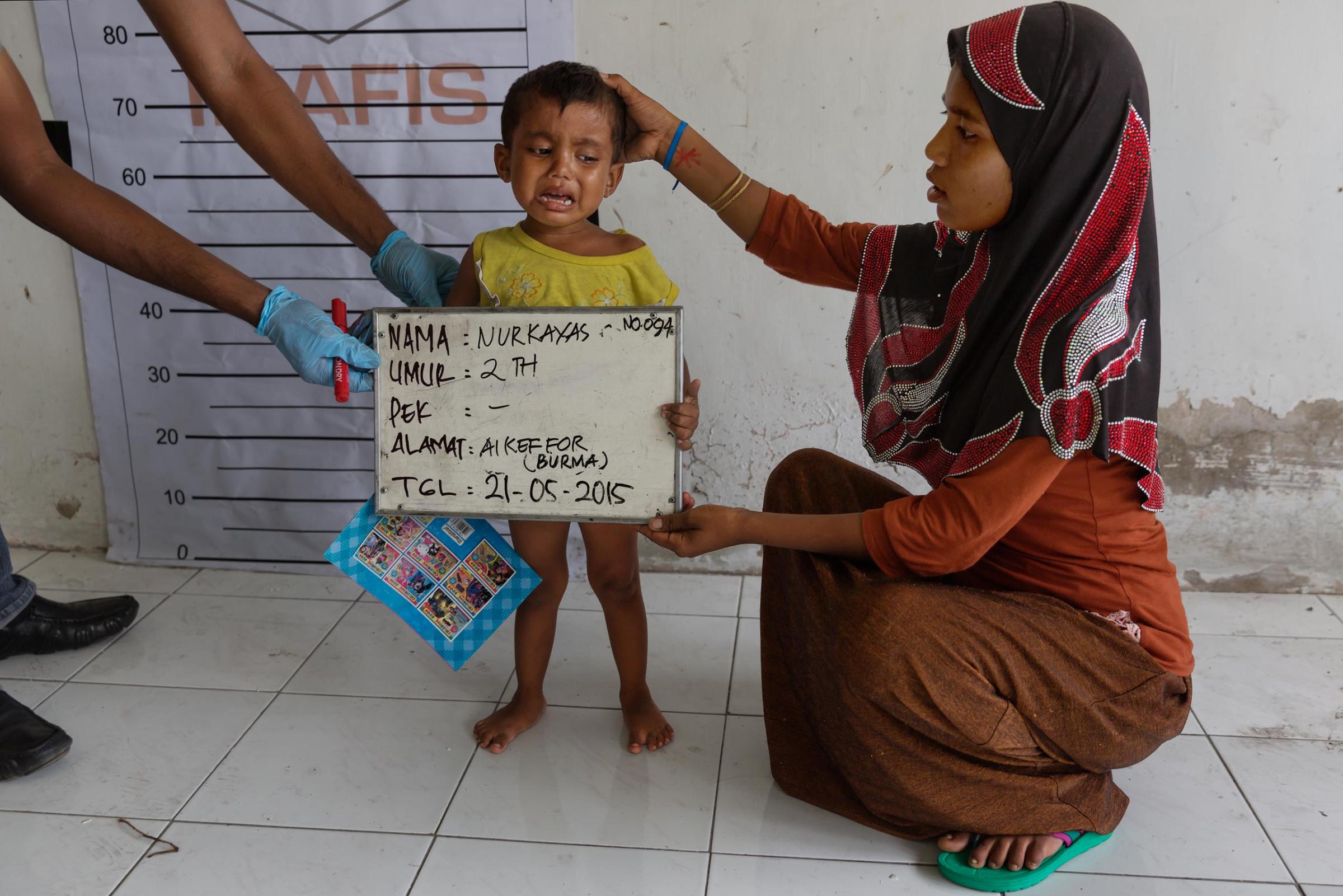
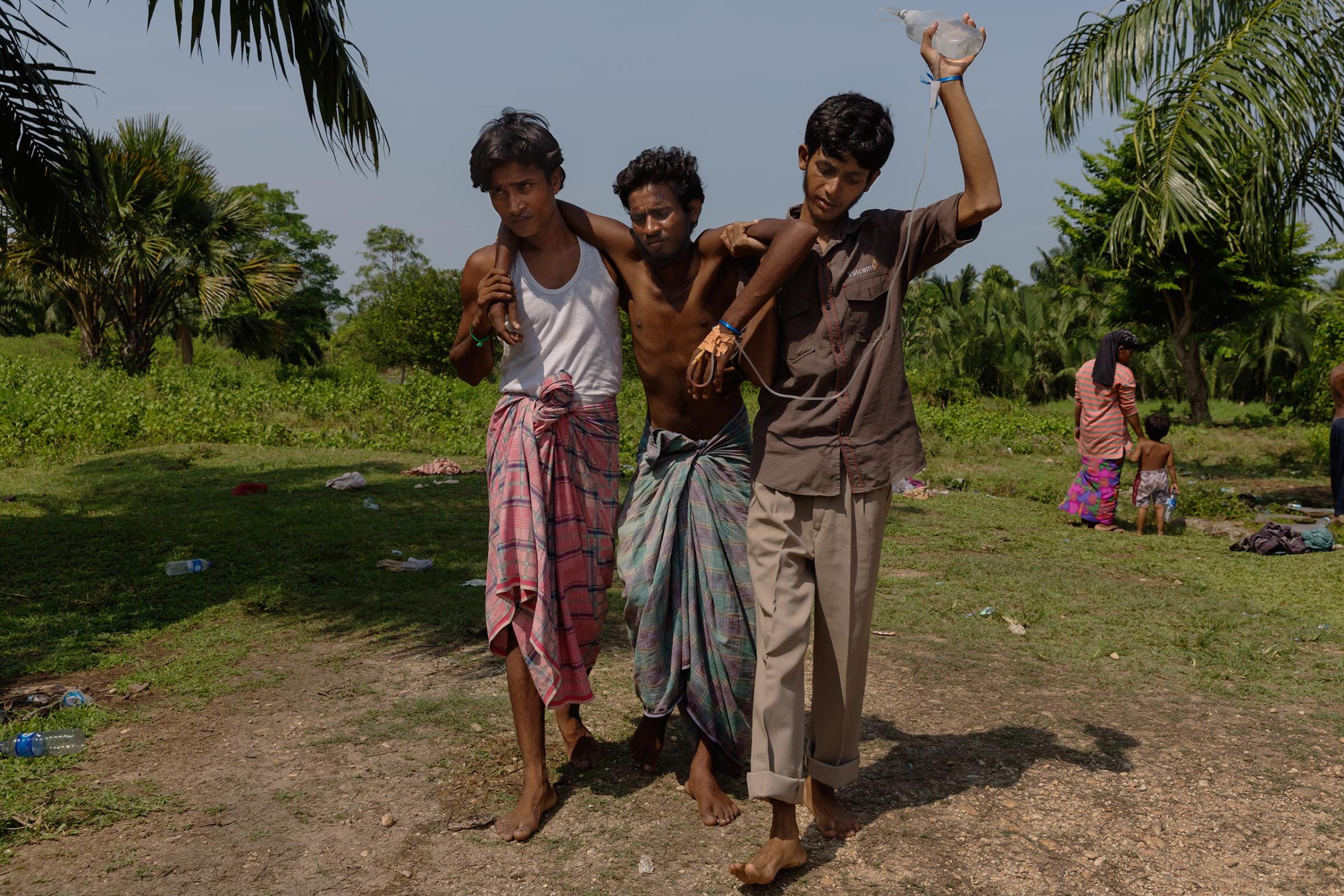
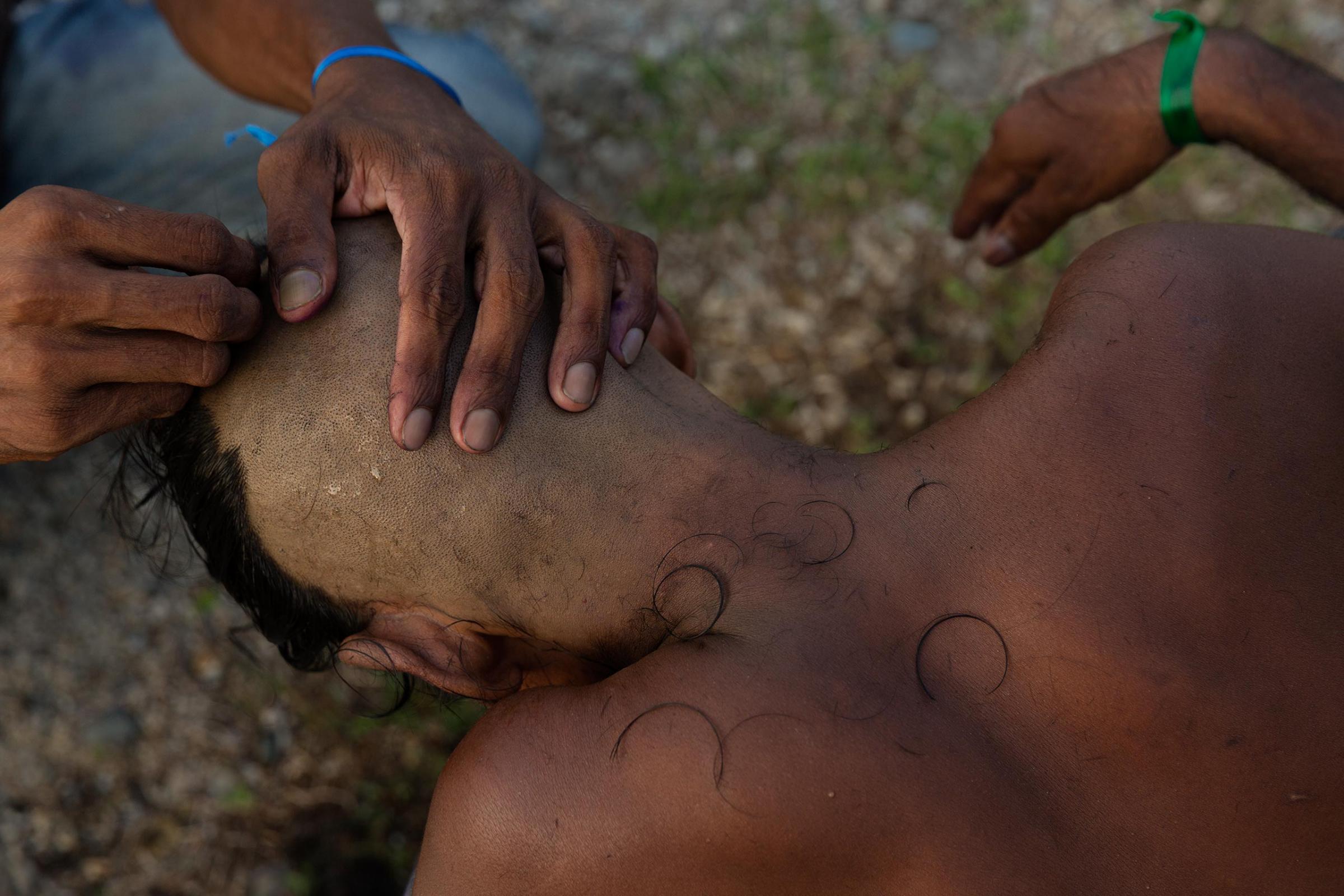
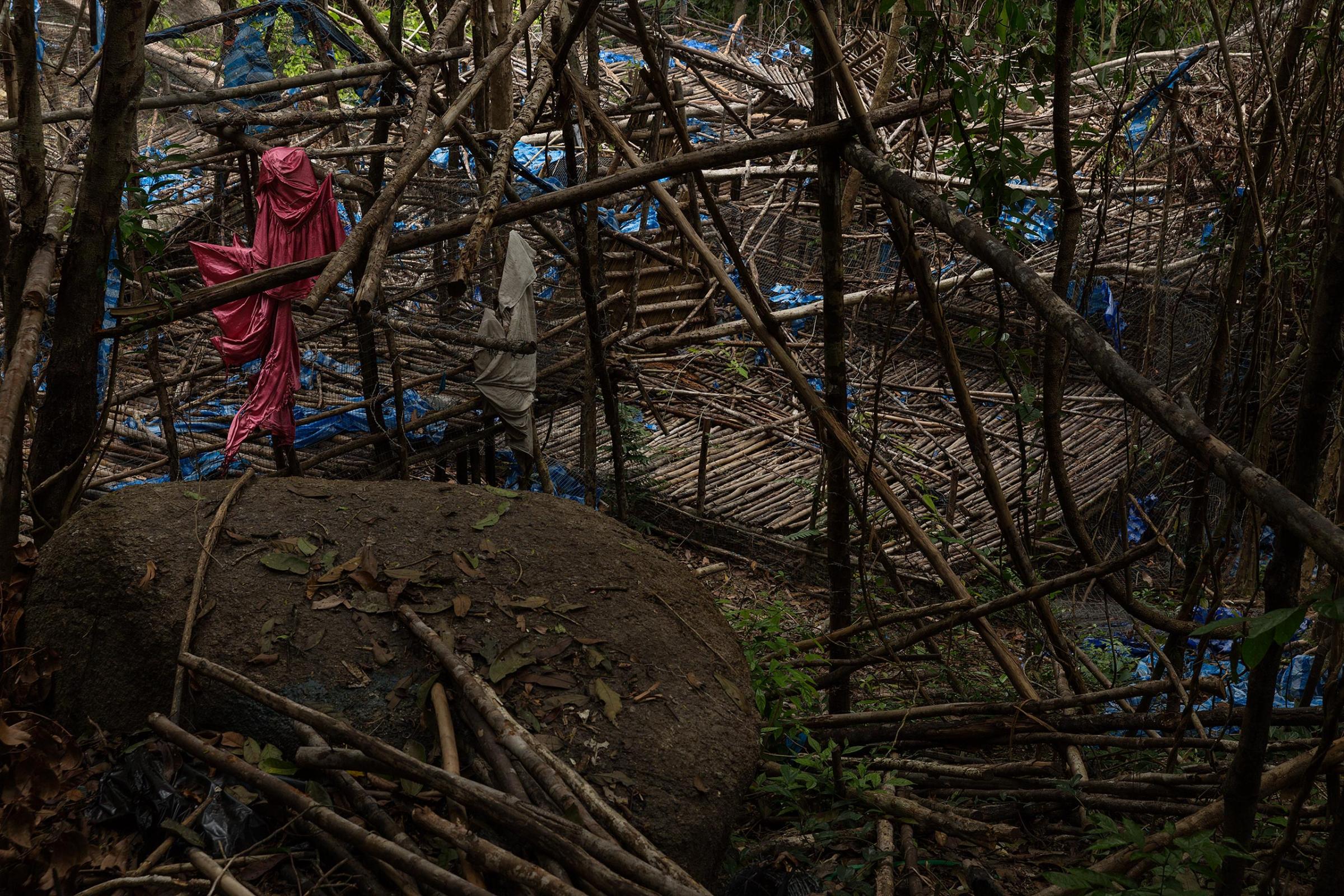
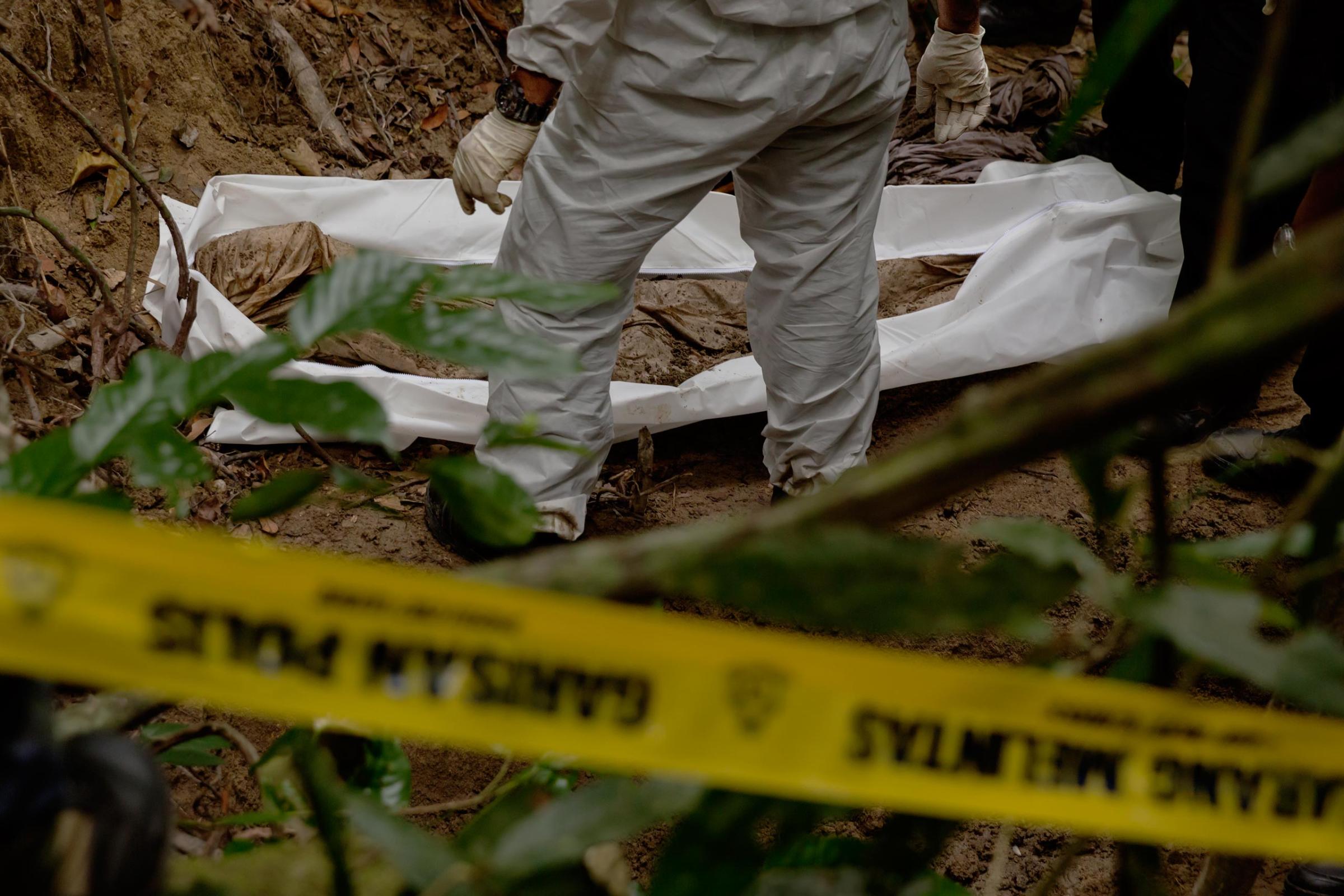
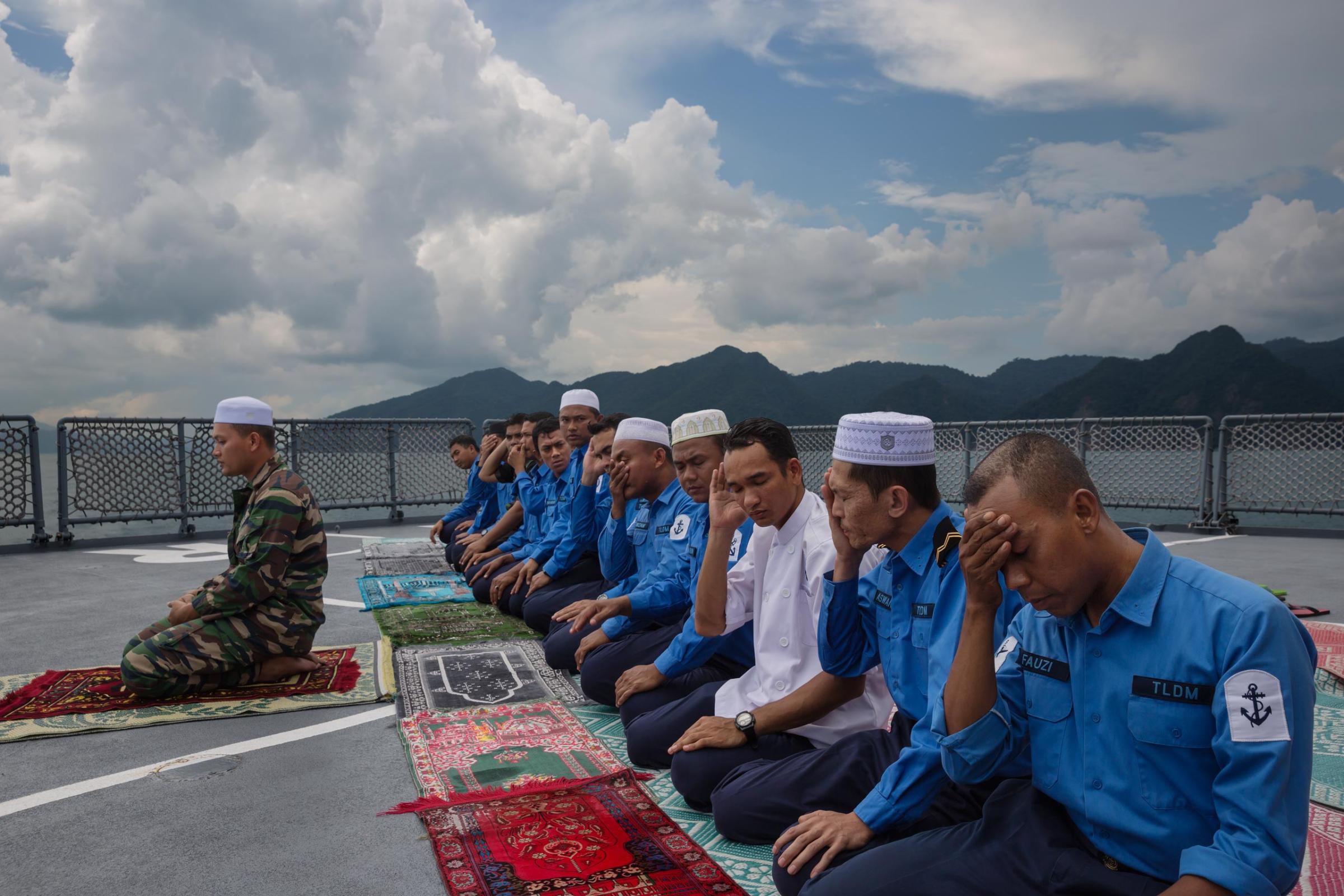
The U.S.’s top Asia diplomat, Assistant Secretary of State for East Asia and the Pacific Daniel Russel, said the fallout could be far-reaching. But in an interview last week with the Associated Press, he cautioned that, “if mishandled, Rakhine state could become infected and infested by jihadism,” and advised other countries in the region to resist the urge to protest in case it further inflamed religious tensions. Demonstrations have already drawn passionate crowds in Muslim-majority Indonesia and Malaysia, and a suspected attack on the Burmese embassy in Jakarta was foiled by police last week. (Some leaders also worry that a misstep in Arakan state could have regional consequences; the memory is still fresh of a migrant crisis last year that landed tens of thousands of Rohingya on the shores of Thailand, Malaysia and Bangladesh, while countless others died at sea.)
Russel also warned against hasty indictments of Suu Kyi. “We all should have confidence in her judgment and not fall prey to the idea that she does not get it and she does not care,” he told the AP. “She does get it, and she does care.”
Throughout her long struggle to restore democracy in Burma — which was ruled by a succession of brutal military regimes for nearly six decades — Suu Kyi, the daughter of the country’s late independence hero General Aung San, has been fêted as a person of unwavering principle. She spent 15 years under house arrest for opposing the junta, and was awarded her Nobel Peace Prize in 1991, when she was still confined to her Rangoon home. She sacrificed her family life and her career as a writer and researcher for her country, and has become a model of grace, commitment and character for generations of Burmese. Once freed in 2010, she led her political party, the National League for Democracy (NLD), to a dramatic comeback. It won by a landslide in a historic election in 2015 and assumed power in April. It has a capacious mandate over social and economic reforms, though the military still controls all security matters and has veto power over proposed changes to the constitution.
Read More: Violence in Burma Has Sent Hundreds of Rohingya Muslims Fleeing to Bangladesh
However, Suu Kyi, at 71 and finally in a position of power, now appears either unable or unwilling to confront the army. Diplomatic sources and political experts say that could affect attitudes at home and abroad. Internationally, Suu Kyi has for decades been the chief barometer of when and how it was appropriate to engage with Burma’s isolated government. The crisis in Arakan state presents a paradox for her allies, particularly in the West, who supported her on the promise that she would promote democratic values and protect the vulnerable. If she lacks the will to act in defense of the helpless, she must be morally untrustworthy. If she lacks the power to influence the army, she loses value as an arbiter.
Ronan Lee, a former Australian lawmaker and a specialist in reconciliation efforts in Arakan state, says the international community “is simply not going to take her word” going forward. “In many ways it doesn’t matter whether she thinks she can’t or doesn’t want to [confront the issue],” Lee tells TIME. “The fact is she didn’t.”
The Rohingya, Burma's Forgotten Muslims by James Nachtwey
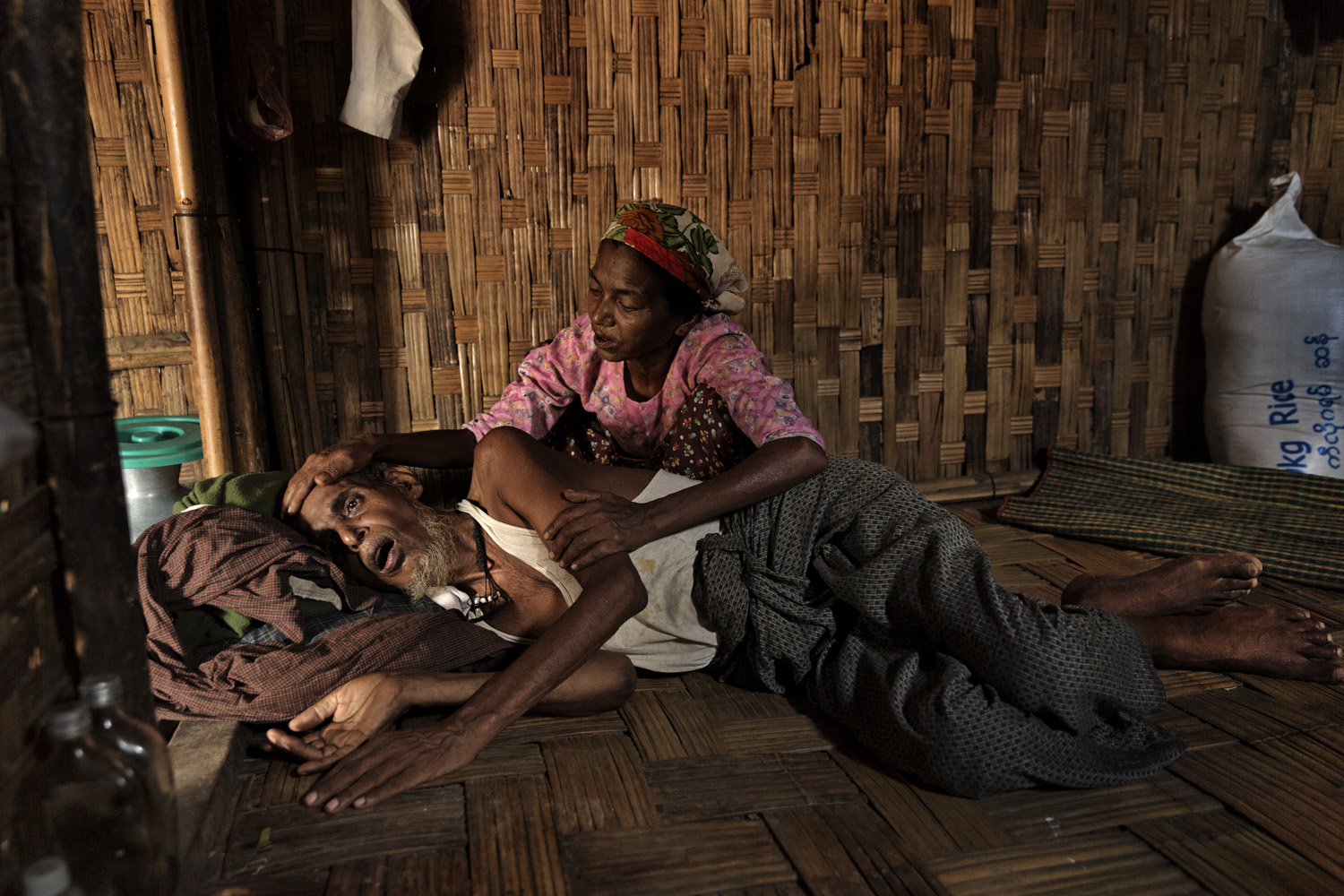
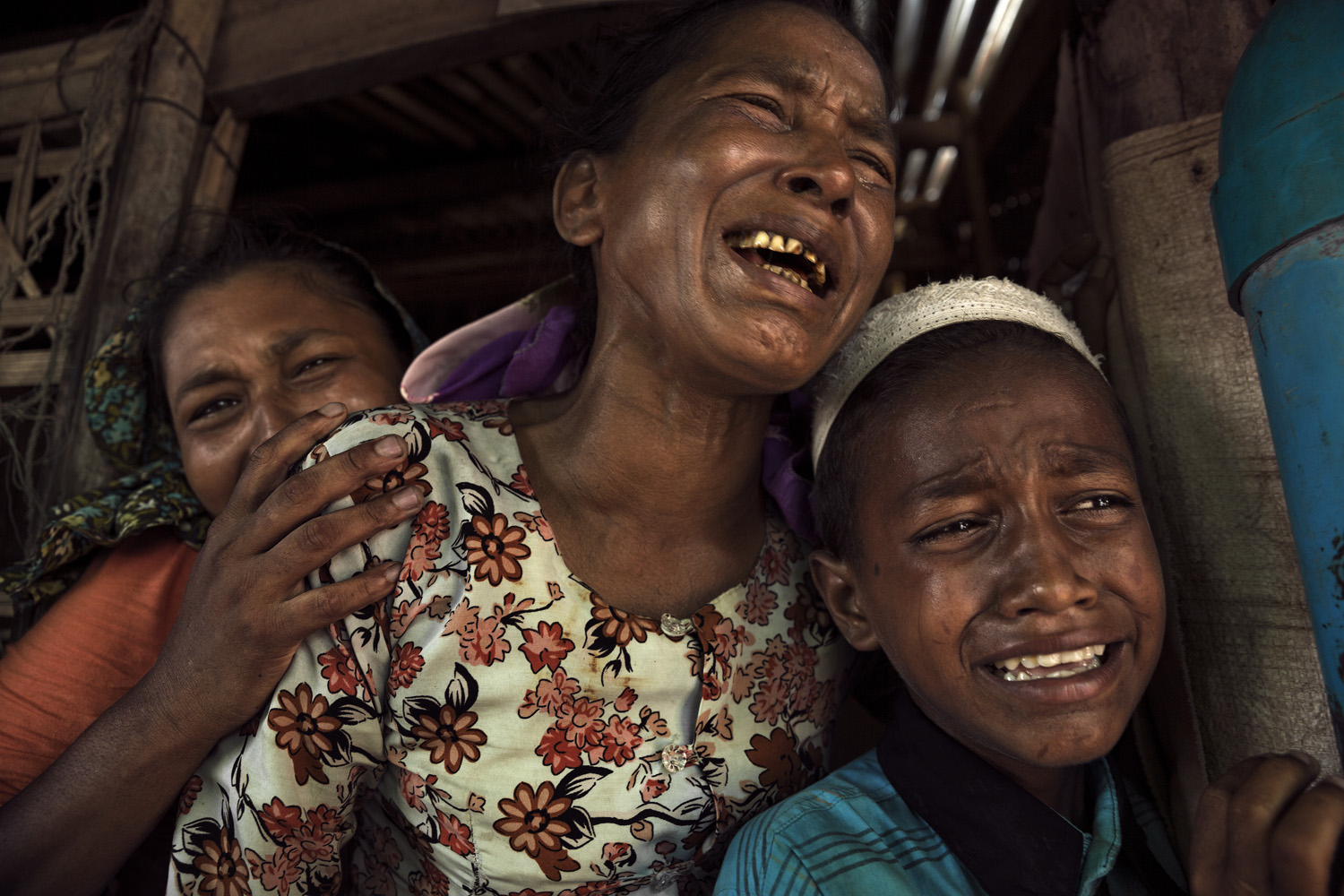
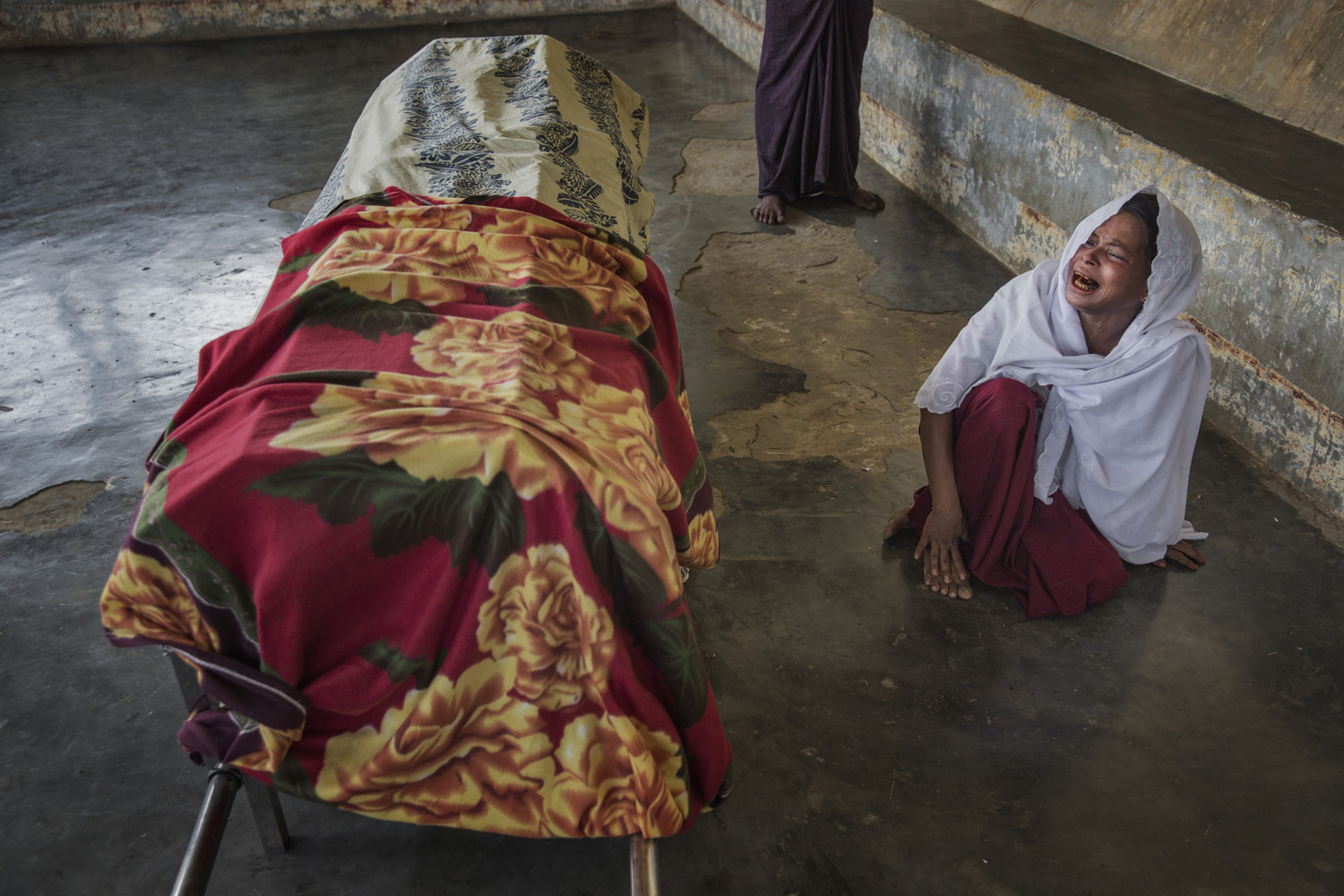
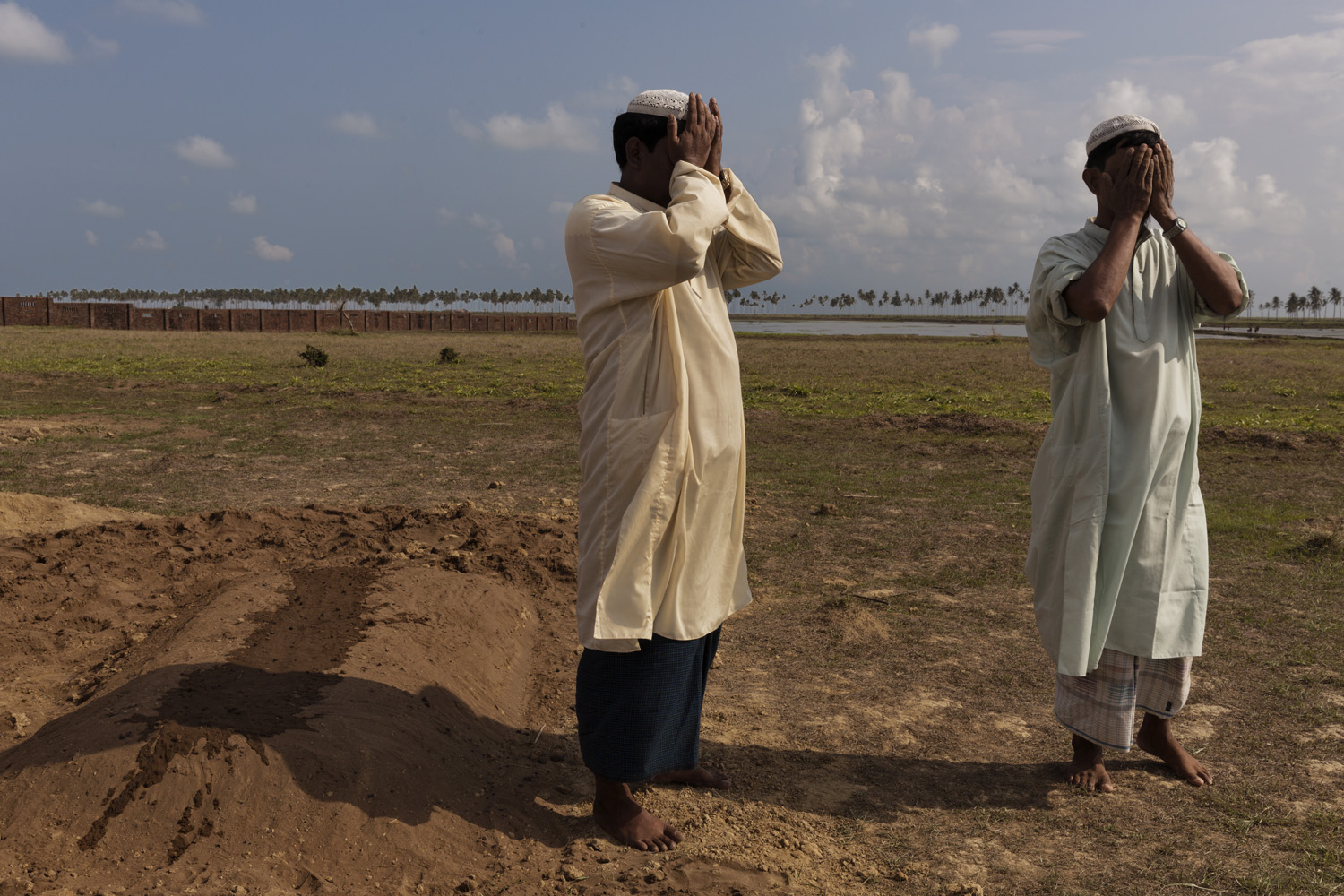
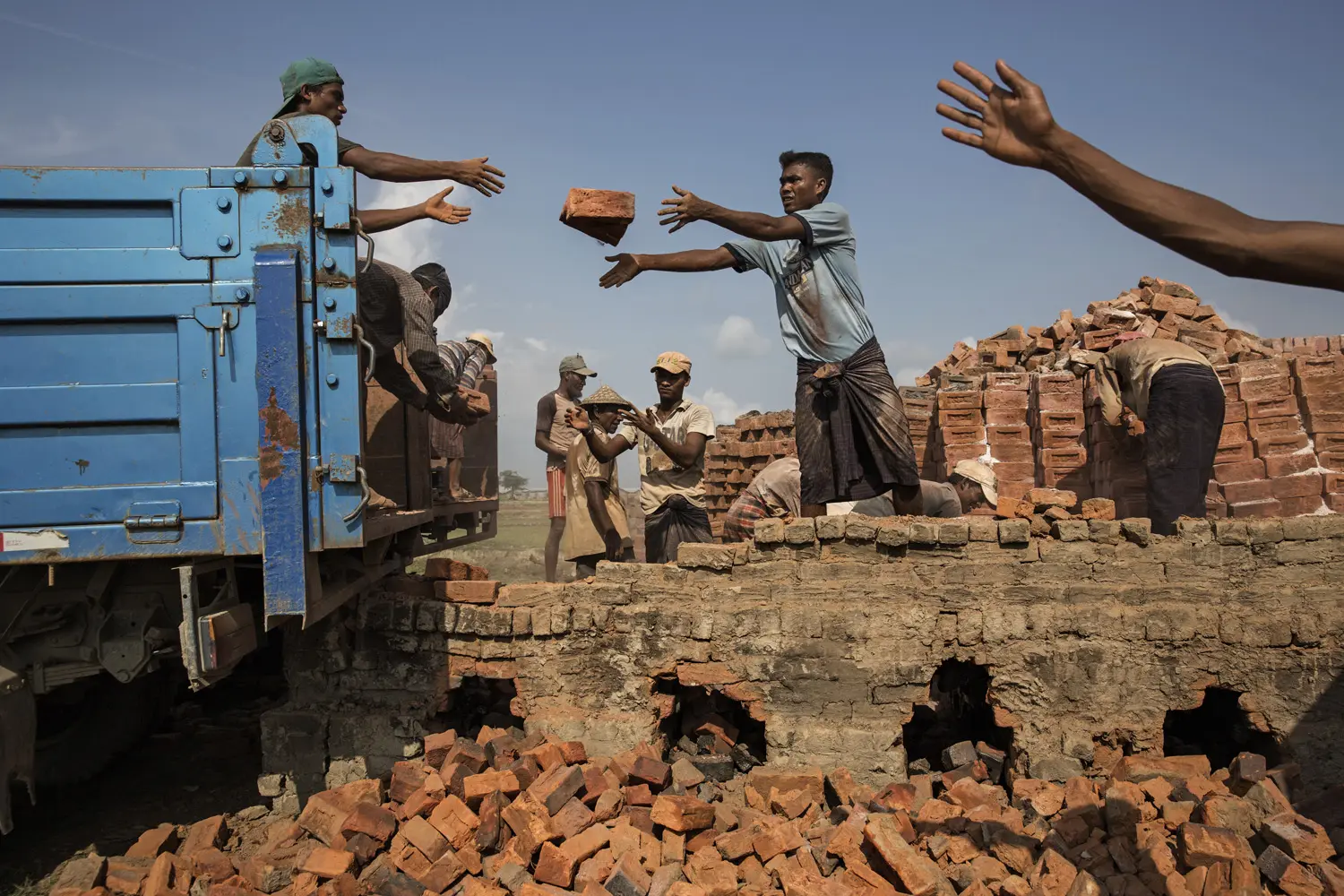
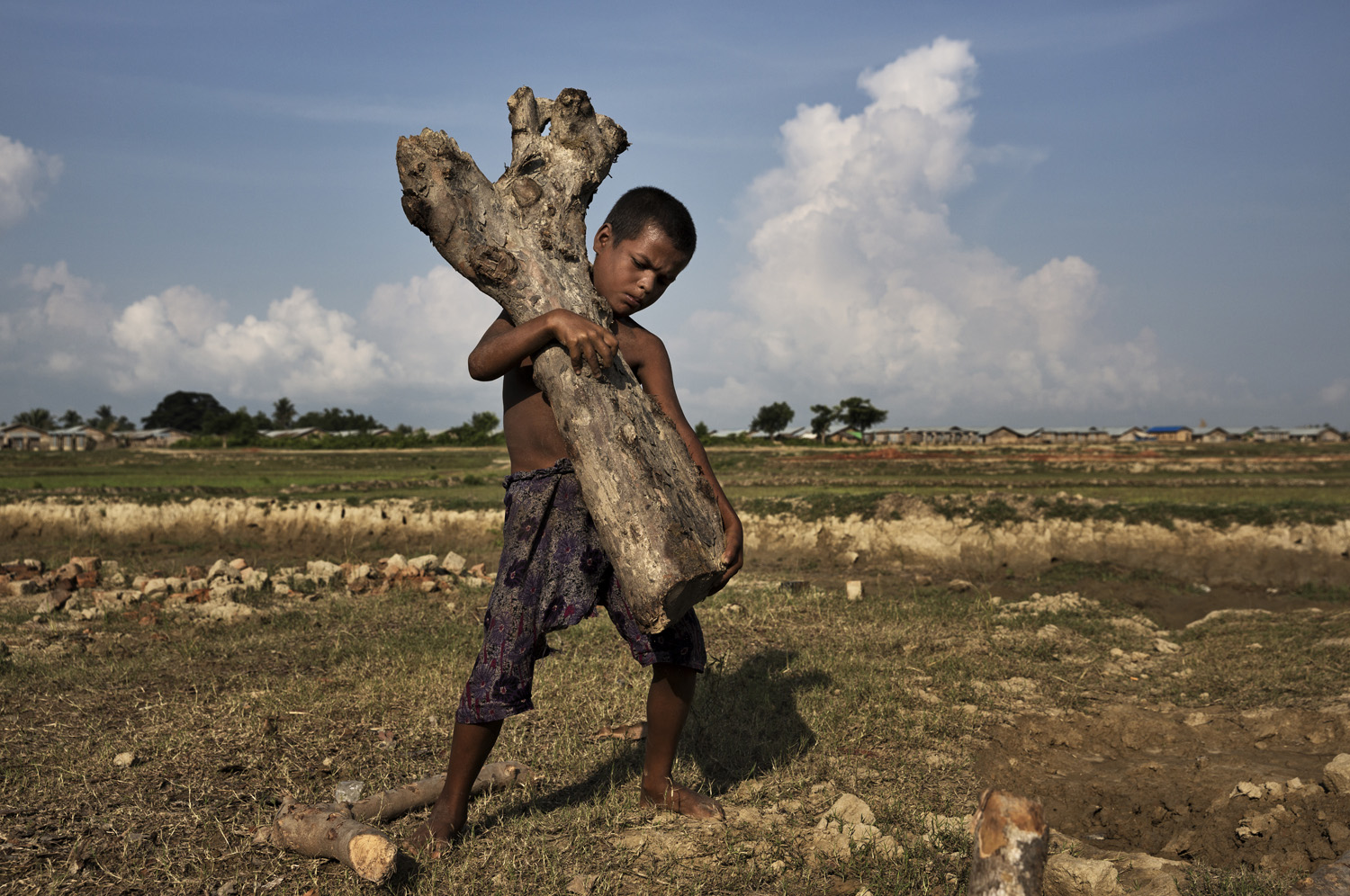
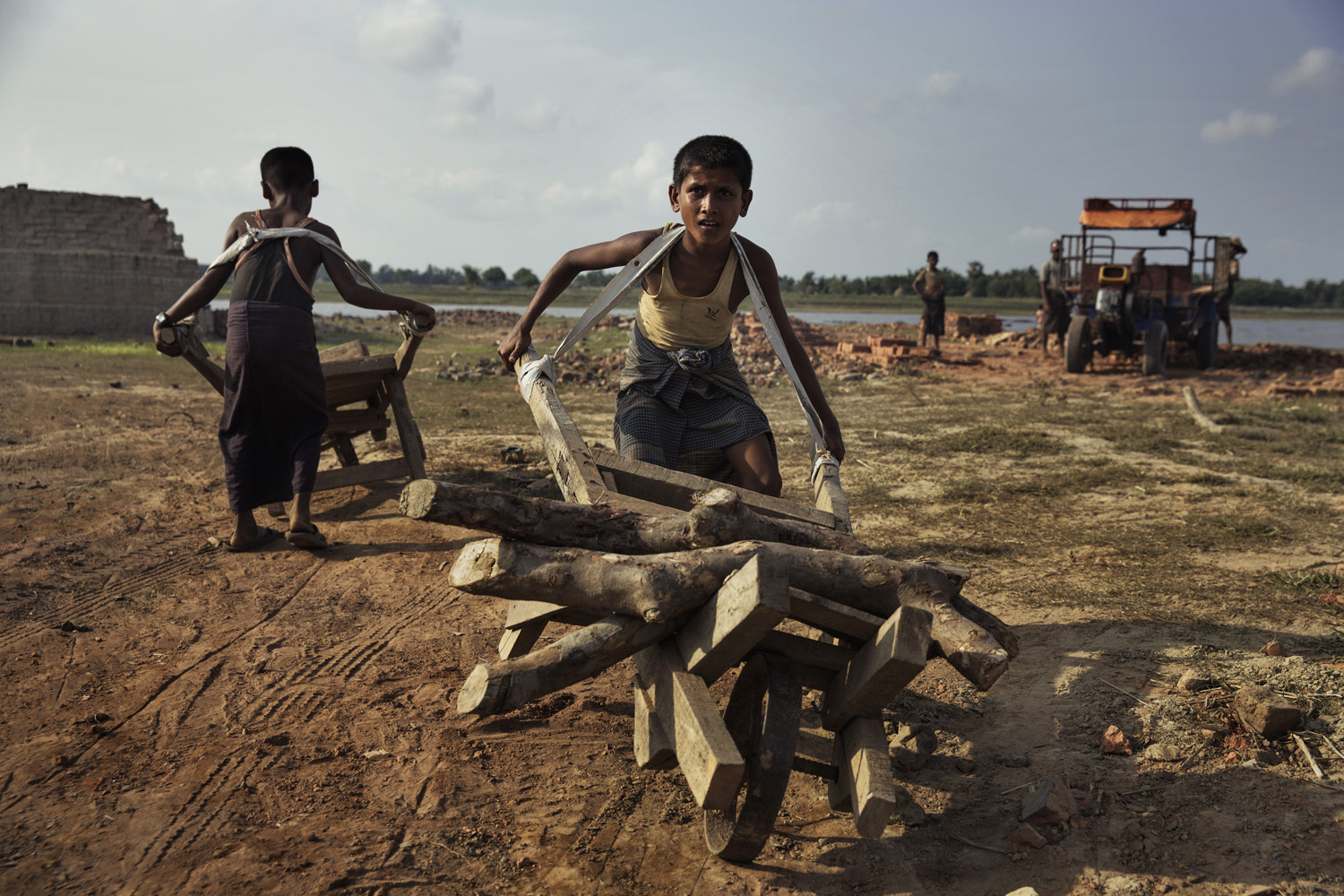
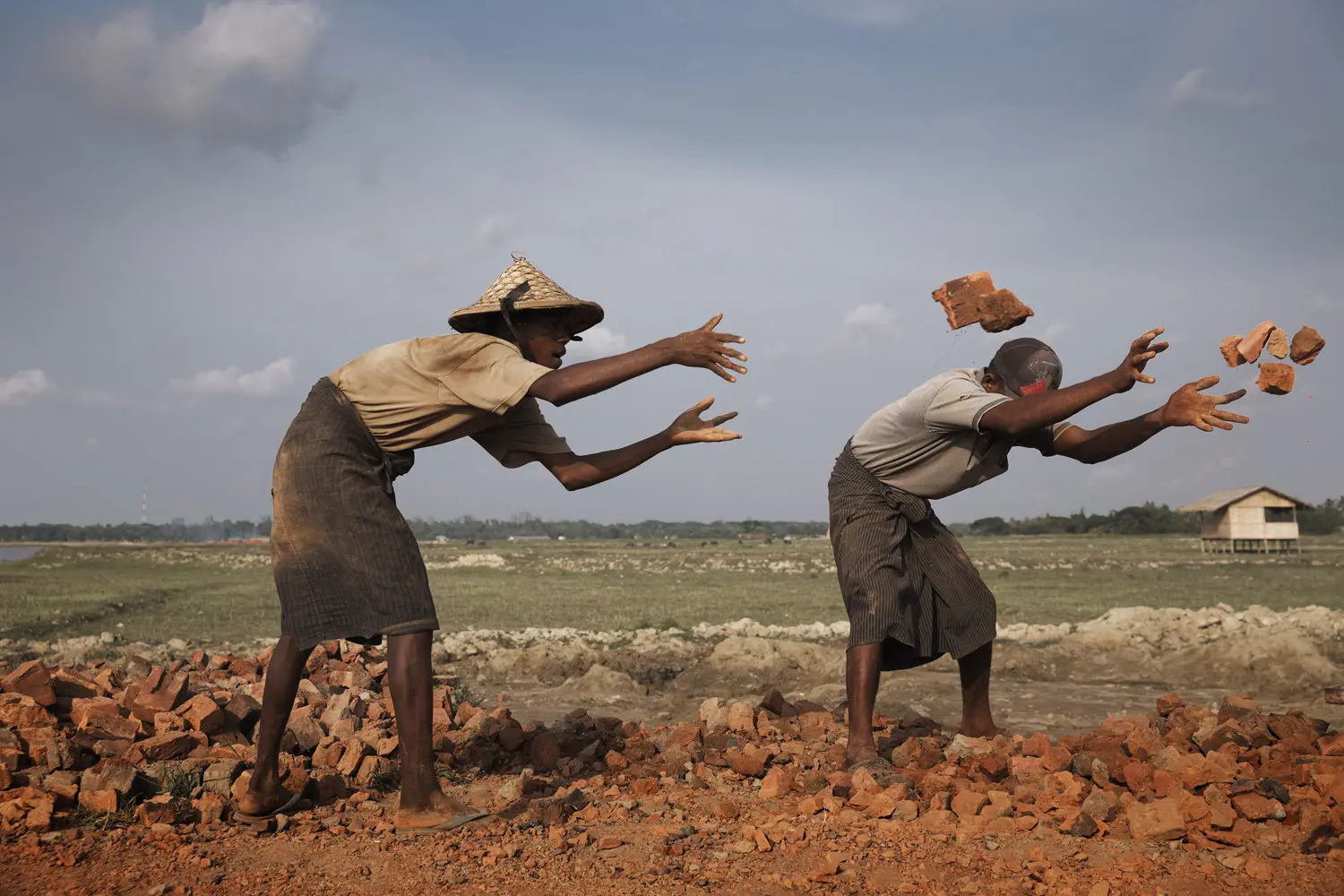
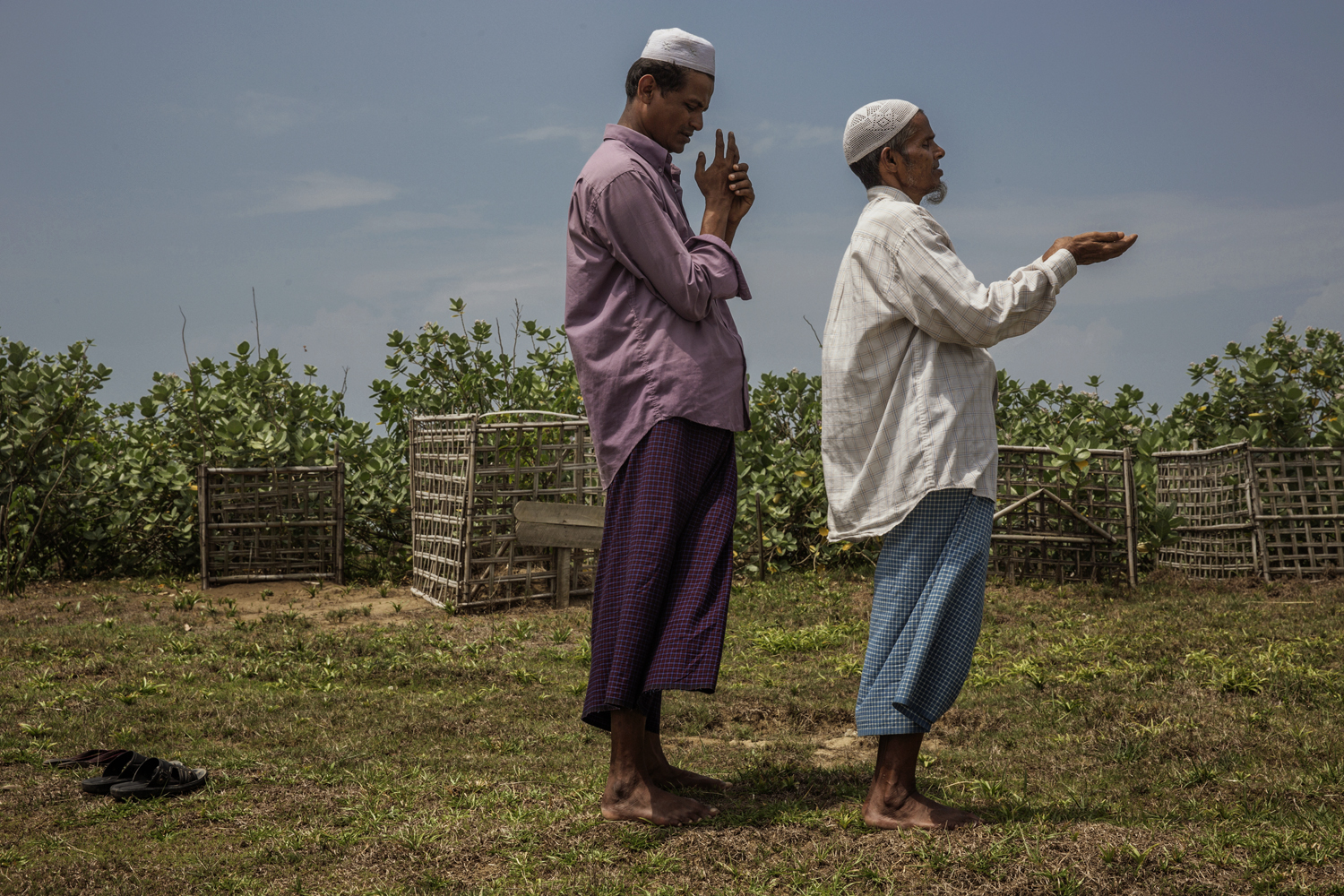
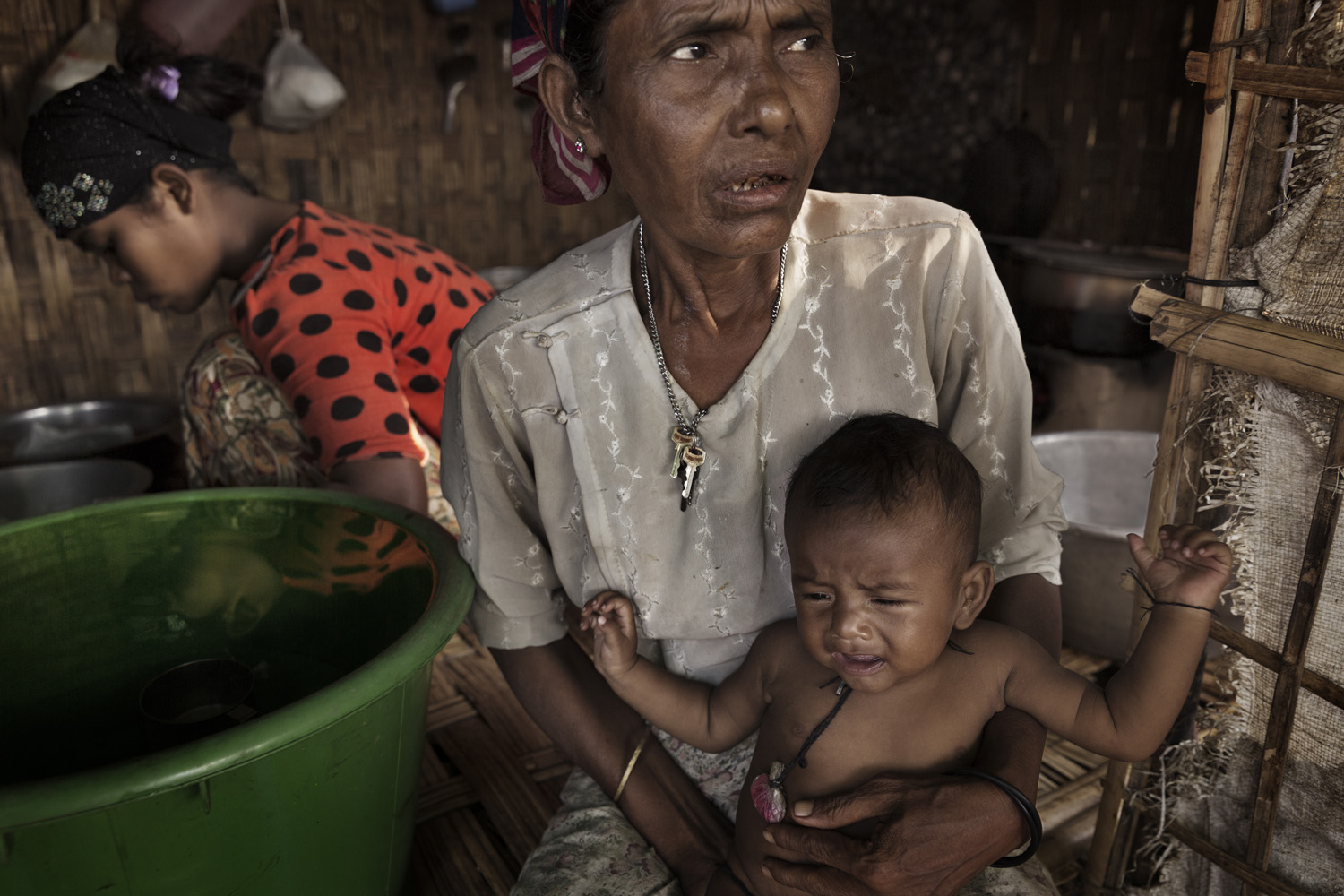
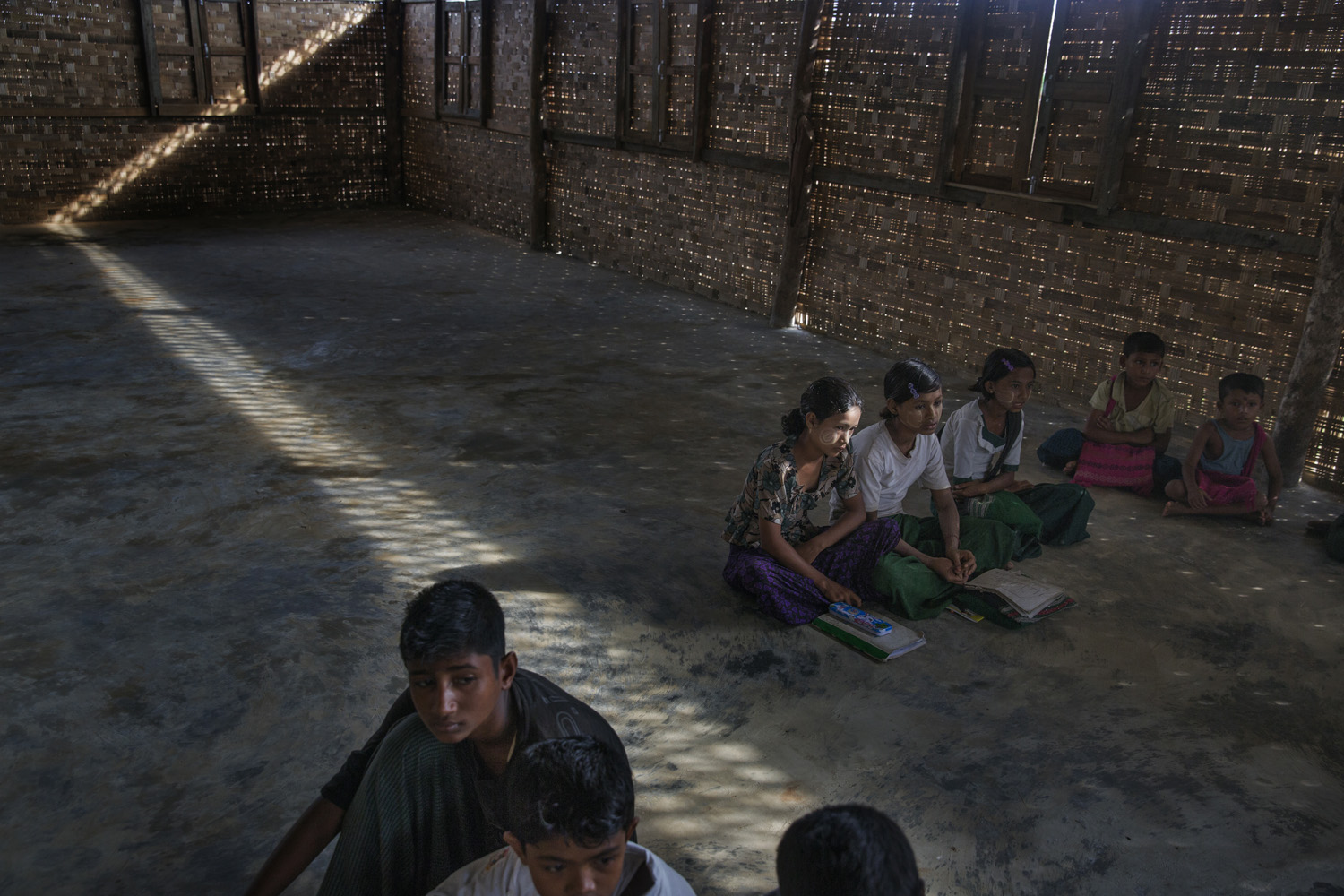
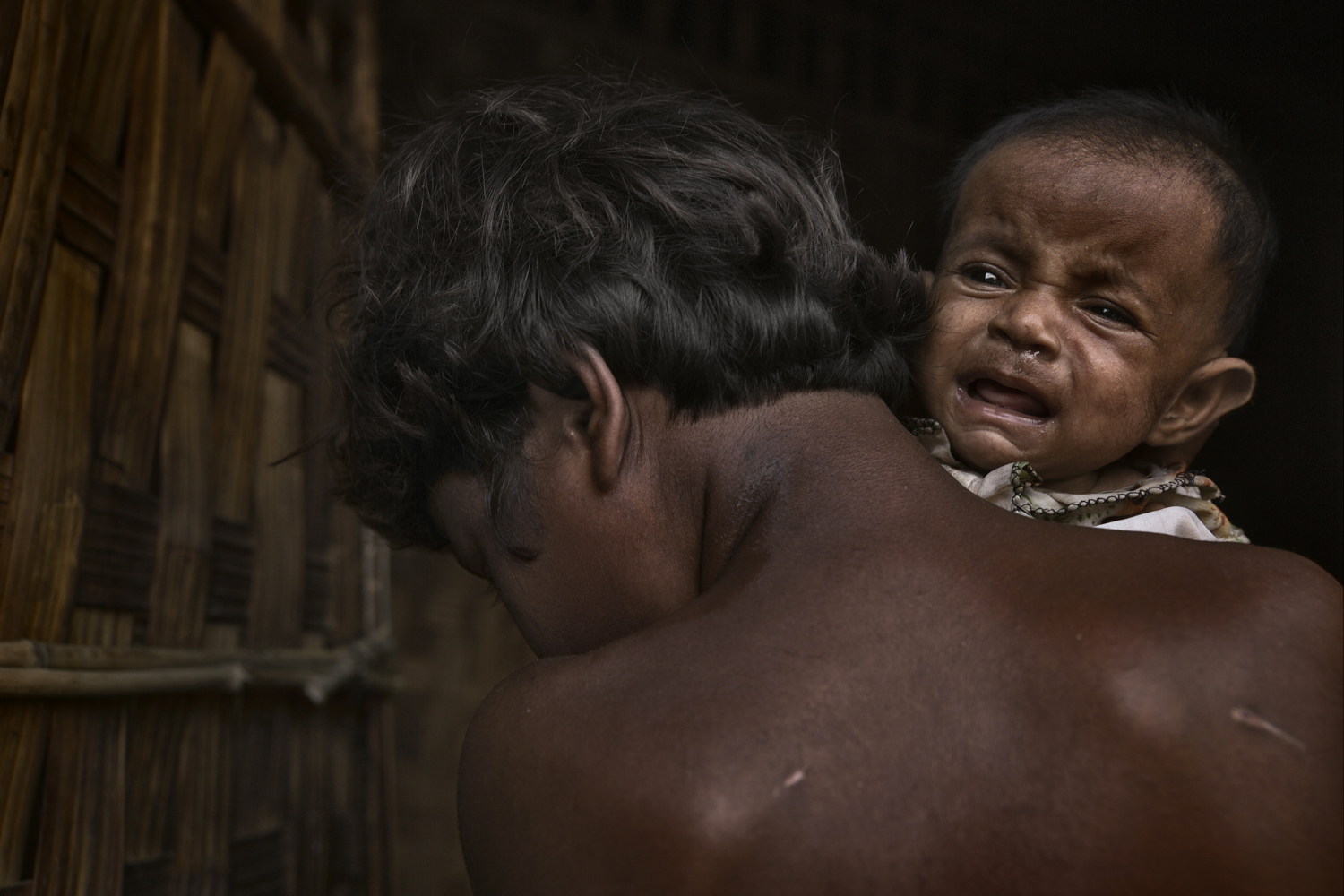
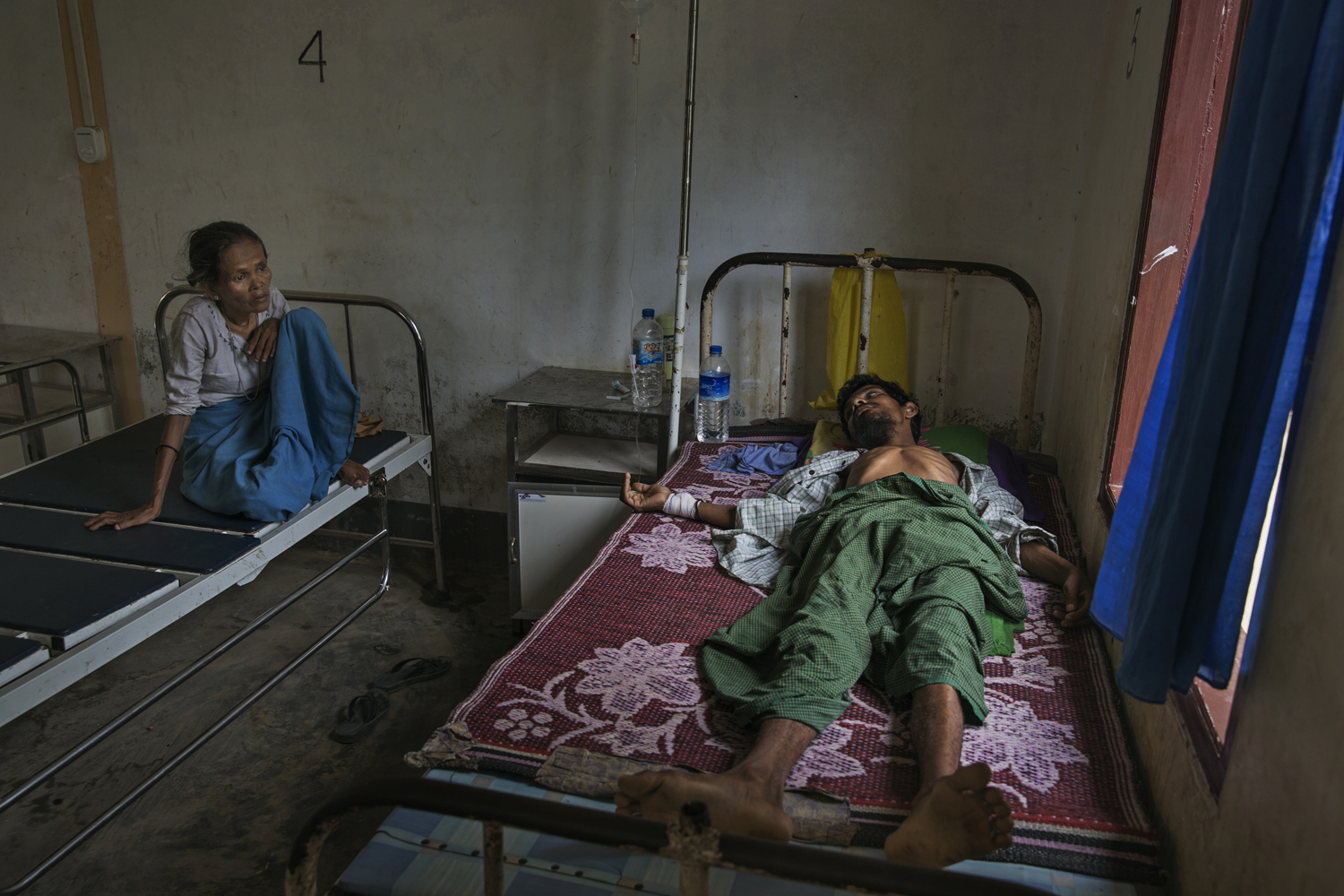
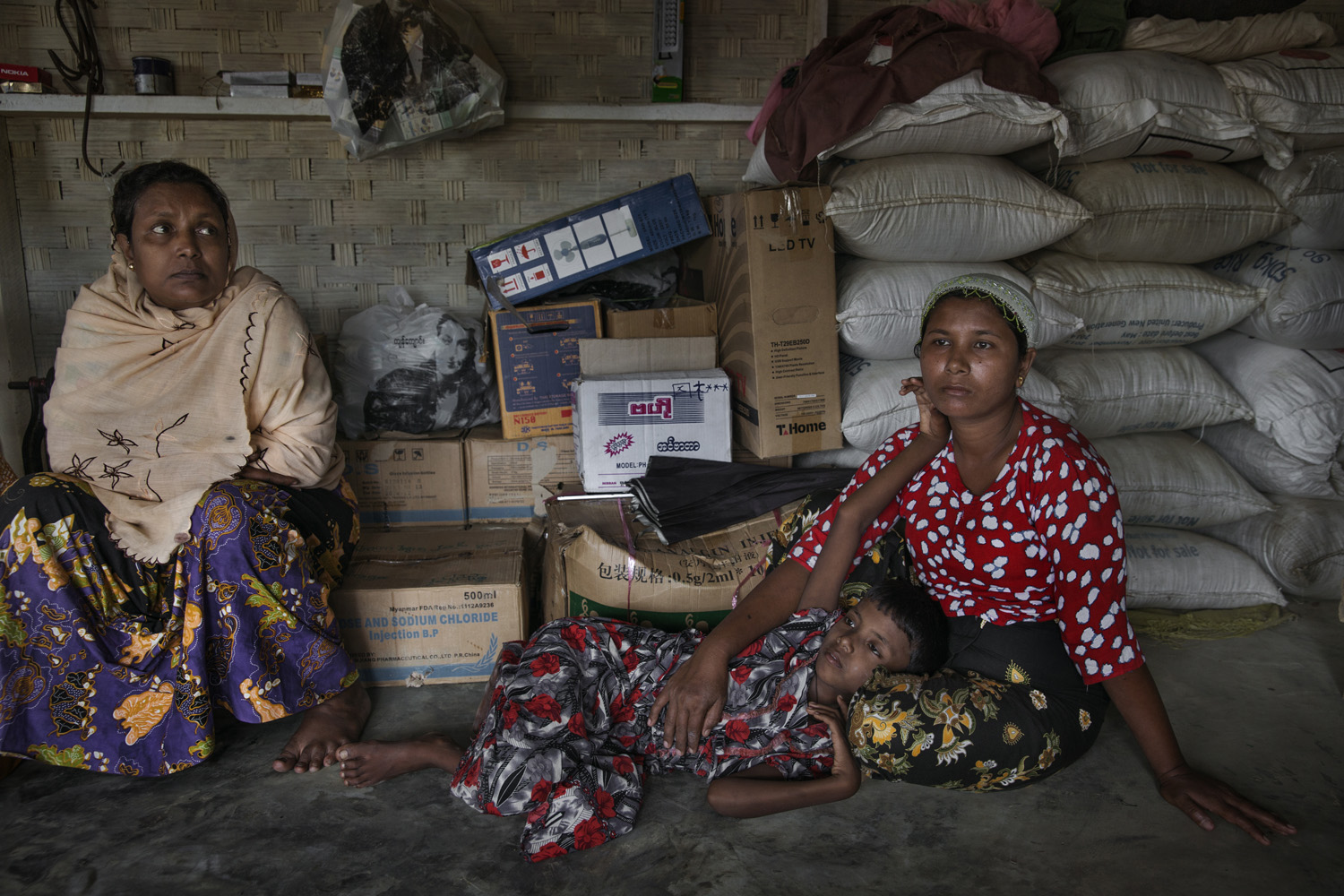
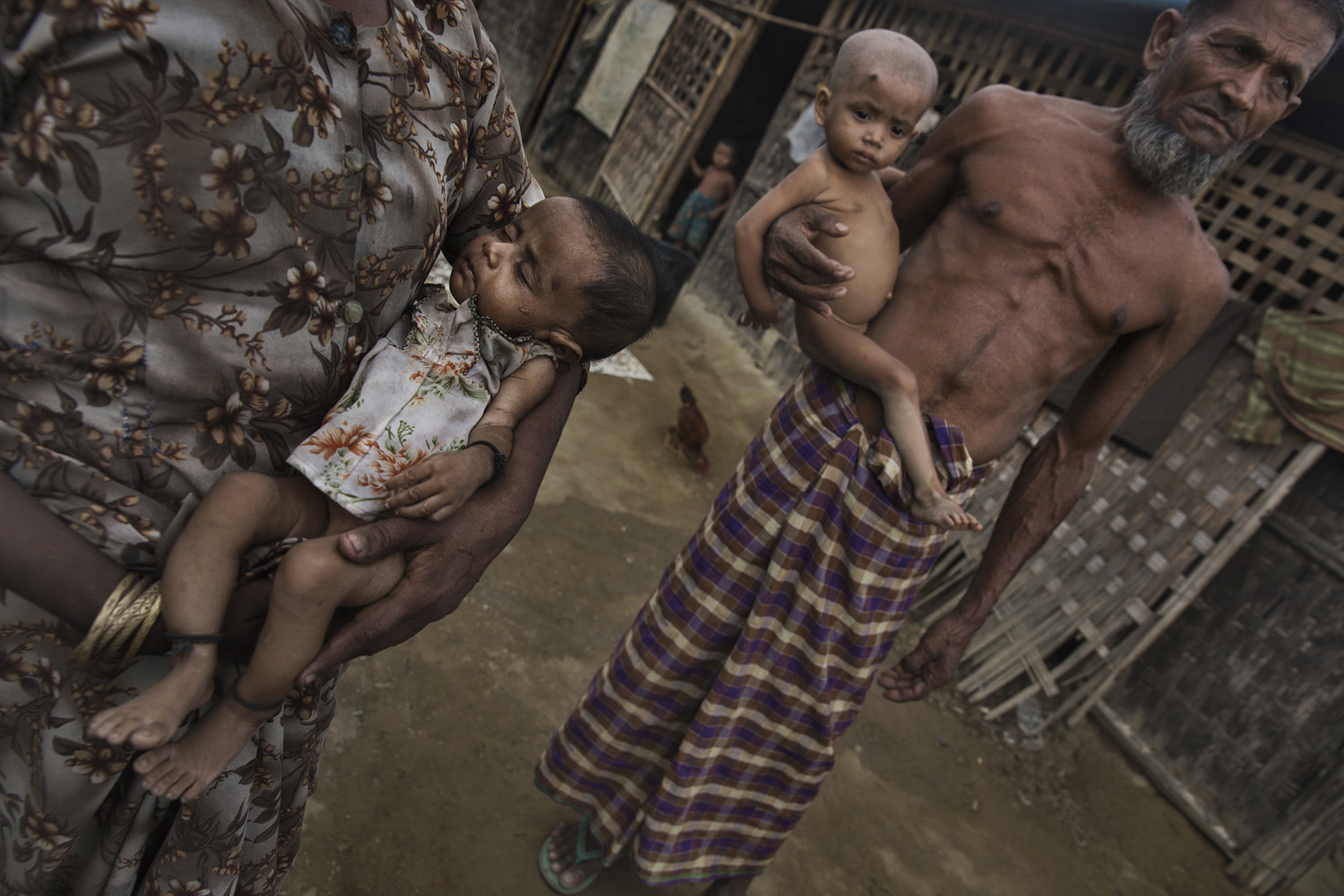
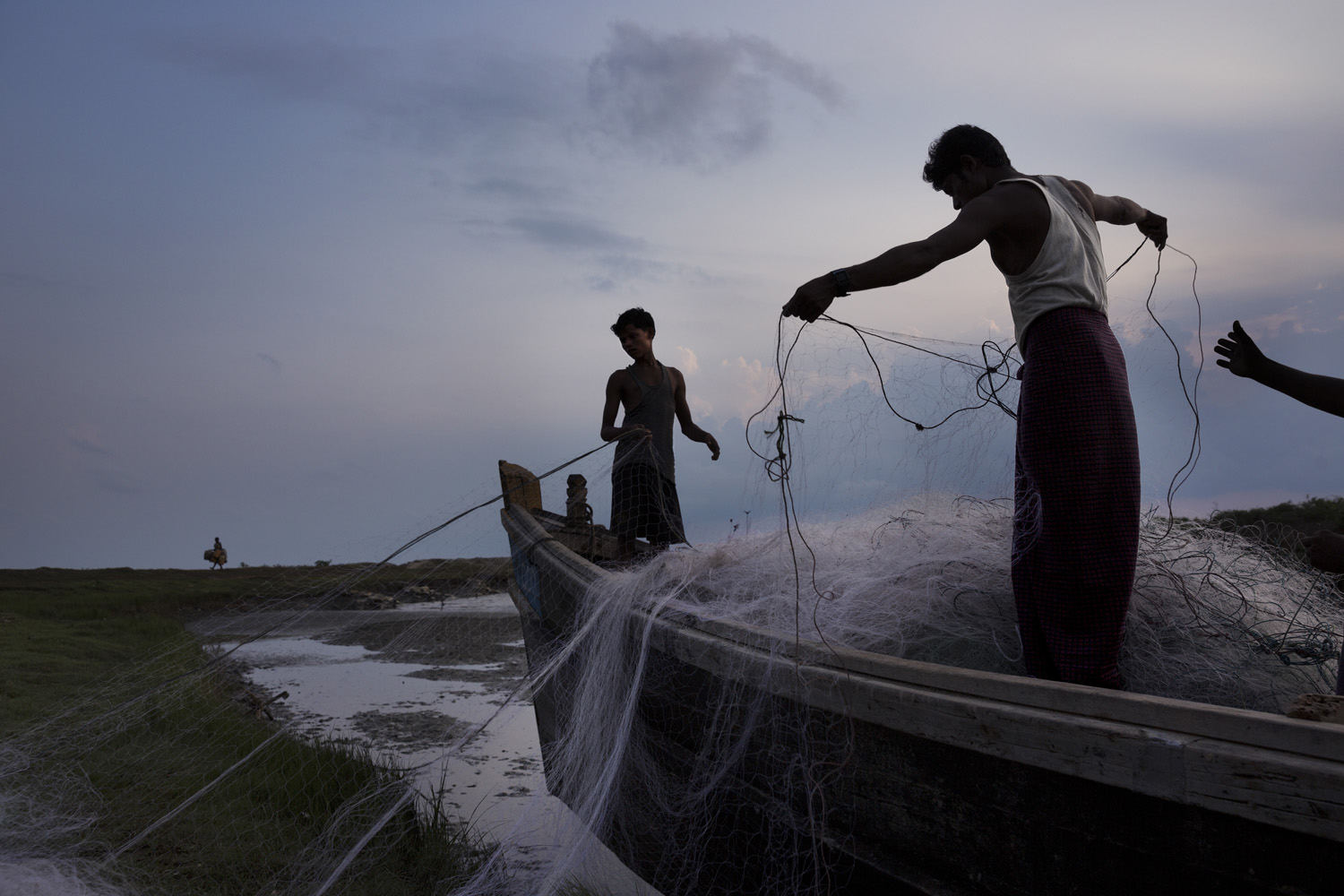
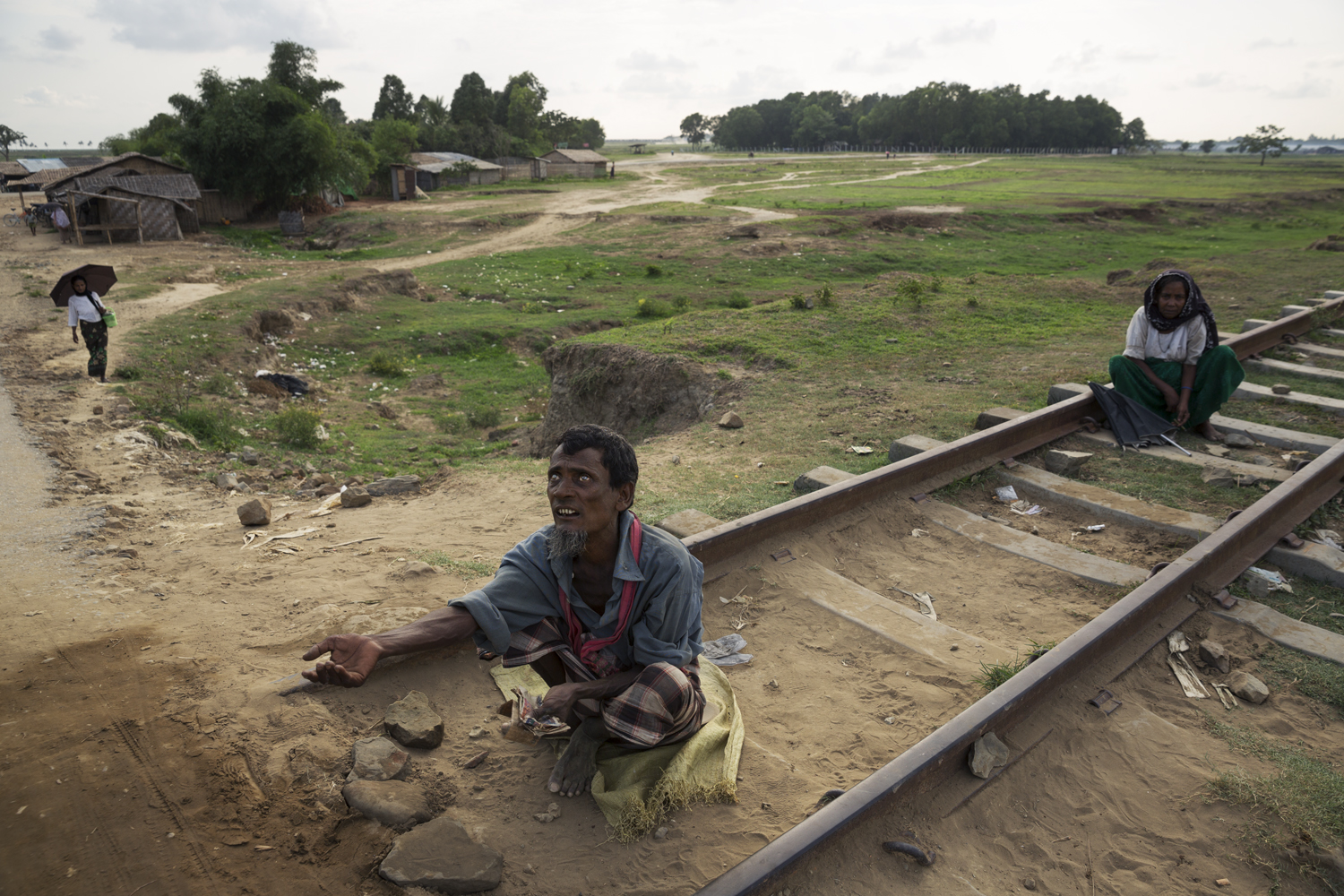
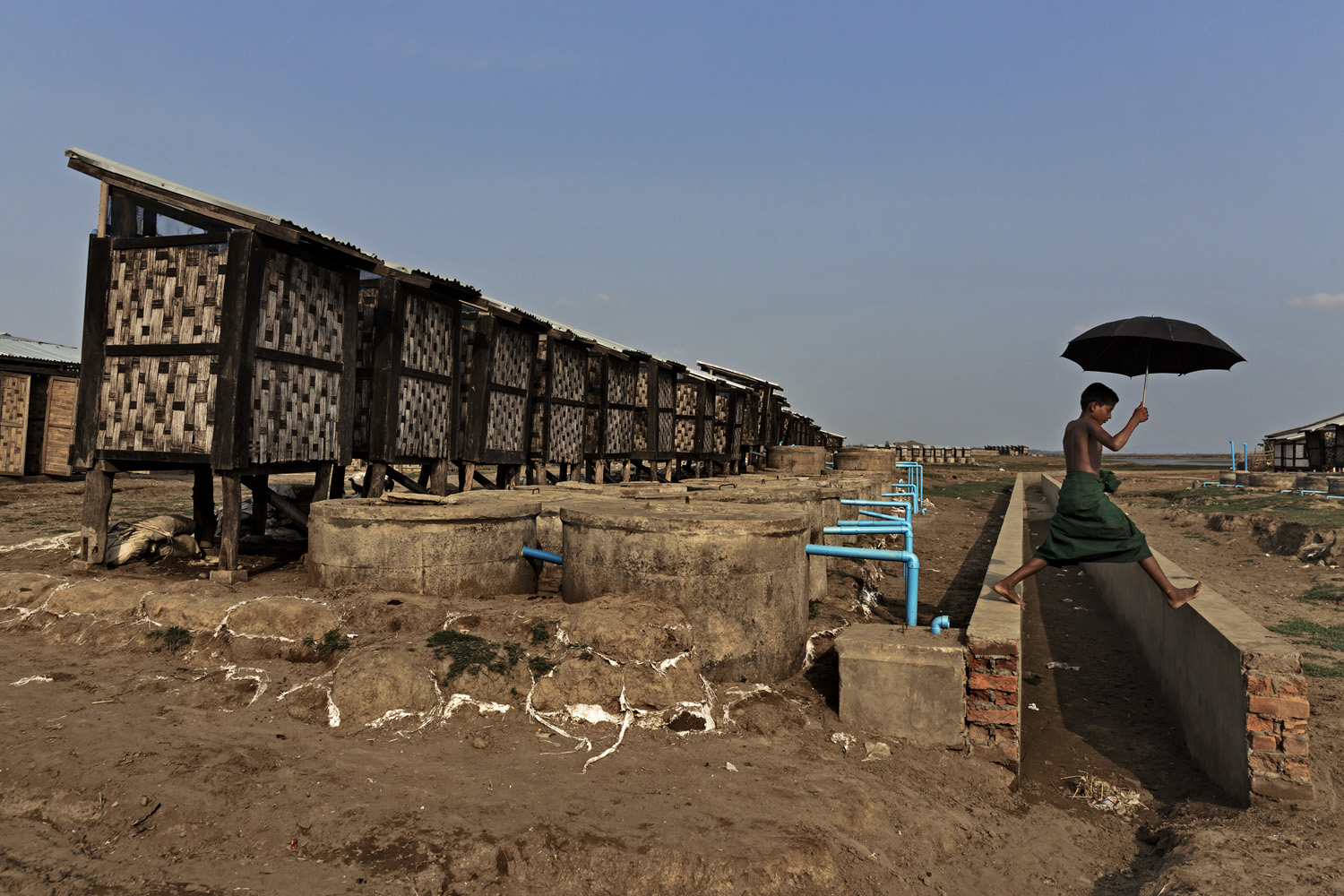
In a September address to the U.N. General Assembly, her first as the country’s de facto leader, Suu Kyi pledged to pursue “a sustainable solution that will lead to peace, stability and development for all communities” in Arakan, citing her government’s creation of the Advisory Commission on Rakhine State chaired by former U.N. Secretary General Kofi Annan. Pointing out that there had been “persistent opposition” to her efforts, most publicly evident in the form of protests against Annan and the U.N. in Arakan’s capital, Sittwe, she aimed to distinguish herself from agents of unrest in the state. “By standing firm against the forces of prejudice and intolerance, we are reaffirming our faith in fundamental human rights, in the dignity and worth of the human person,” she said.
Annan has just completed an emergency visit to Arakan state, and will prepare a report with his interim recommendations to the government within two months, according to state media. His recommendations are not binding, and the mandate of his commission does not include inquiry into allegations of abuse. An investigation commission was, however, created by the office of President Htin Kyaw last week to examine events since Oct. 9, but its credibility is in question, a diplomatic source tells TIME. The decision to appoint as its chairman Myint Swe, a former general who was selected by the military to serve as Vice President, does not augur impartiality in a probe of allegations against the army.
Read More: ‘We Cannot Believe Aung San Suu Kyi’: Why Many in Burma Are Losing Hope of Peace
At home, Suu Kyi still enjoys support from the masses that catapulted her party into power. The NLD was elected on the impractical dream of a wholesale political makeover: under military rule, civil war devastated minority populations; corruption was rampant; economic, educational and medical institutions fell into disarray; and a drug crisis took root among marginalized minority youths. Suu Kyi has inherited so many problems that tensions in Arakan state were never to be among her party’s priorities, despite the international community’s insistence that the “root causes” — such as statelessness and hard-line nationalist attitudes — must be addressed without delay. The public largely sides with the government and the military in their belief that Muslims who call themselves Rohingya have no legitimate claim to rights in Burma. While Suu Kyi has never publicly articulated this attitude, she has advised diplomats not to refer to them by their chosen name.
It would trouble many in the international community to learn that Suu Kyi did not want to prevent the suffering of a persecuted, stateless group of people. But for the many minorities that are citizens of Burma — home to 135 officially recognized ethnic groups, more than a dozen of which are trying to make peace with the government after decades of civil war — her inability or unwillingness to do so is even more chilling. The possibility that Suu Kyi cannot rein in the army has implications for civilians in Burma’s other conflict zones.
“That is a sign that people in other parts of the country should be desperately concerned about,” Lee tells TIME, “because what it says is that when the military decides to undertake an operation, and when the military believes it has a pretext, they shouldn’t expect that the new NLD government will come to their aid.”
More Must-Reads from TIME
- Your Vote Is Safe
- The Best Inventions of 2024
- How the Electoral College Actually Works
- Robert Zemeckis Just Wants to Move You
- Column: Fear and Hoping in Ohio
- How to Break 8 Toxic Communication Habits
- Why Vinegar Is So Good for You
- Meet TIME's Newest Class of Next Generation Leaders
Contact us at letters@time.com